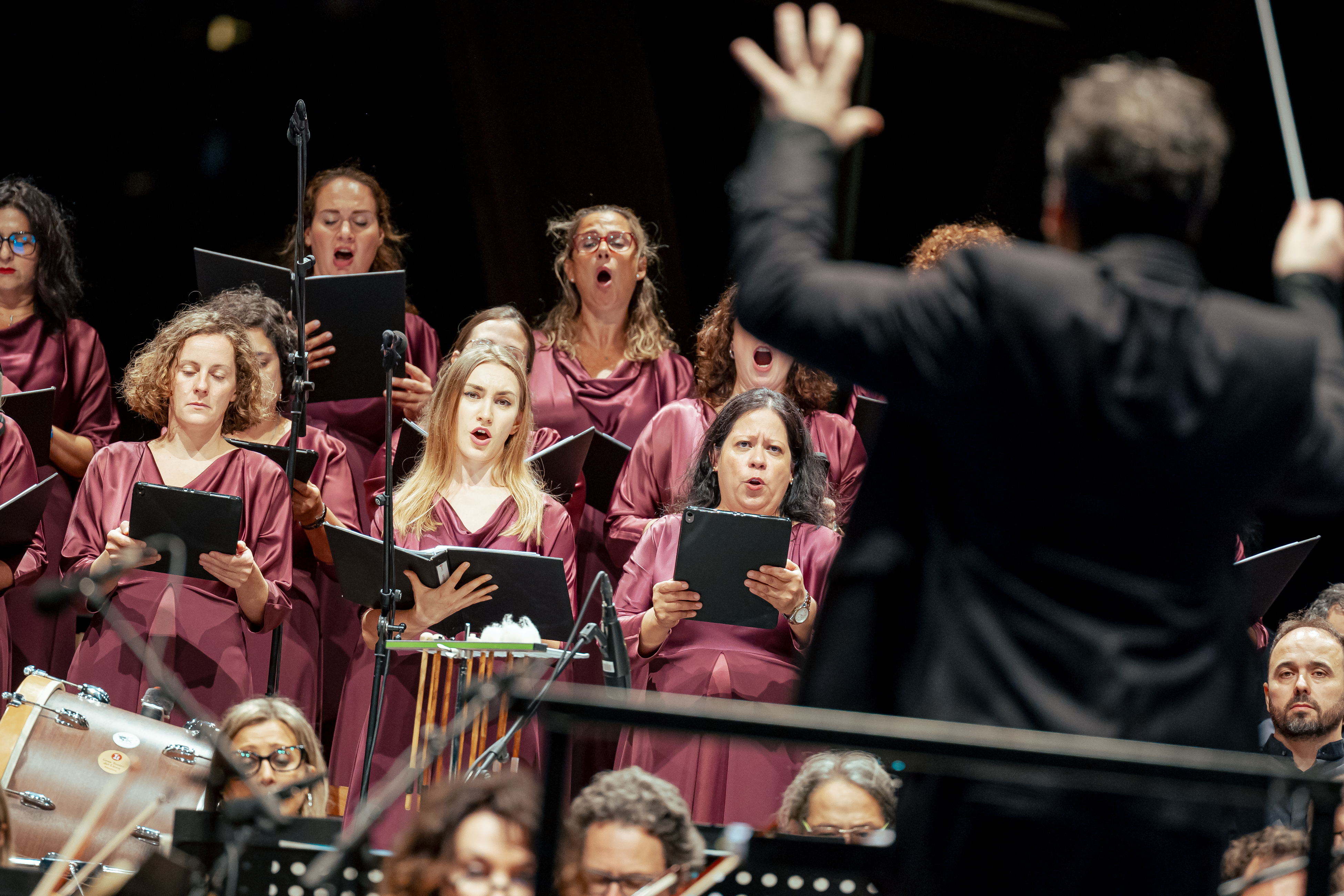The Chorus of the Gran Teatre del Liceu was founded alongside the Teatre in 1847 and has been a central figure in the Spanish premieres of almost the entire operatic repertoire, from the Baroque to the present day.
Over these nearly 175 years, the Chorus of the Gran Teatre del Liceu has been conducted by some of the greatest maestros, including Arturo Toscanini, Erich Kleiber, Otto Klemperer, Hans Knapperstsbusch, Bruno Walter, Fritz Reiner, Richard Strauss, Alexander Glazunov, Ottorino Respighi, Pietro Mascagni, Igor Stravinsky, Manuel de Falla, Eduard Toldrà, and in contemporary times, by Riccardo Muti and Kirill Petrenko, as well as other eminent stage directors.
The Liceu Chorus has historically been known for its well-suited vocal qualities for Italian opera, establishing a singing style under the guidance of the great Italian maestro Romano Gandolfi, assisted by maestro Vittorio Sicuri, who served as the principal conductor for eleven years. This tradition has continued with José Luis Basso, Conxita Garcia, and currently with Pablo Assante.
Peter Burian, Andrés Máspero, and William Spaulding have also held the position of principal conductor of the Chorus.
Photo session
Watch on Liceu+ the making of the photo session with the members of the Liceu Orchestra and Choir, carried out by Igor Studio (Igor Cortadellas).
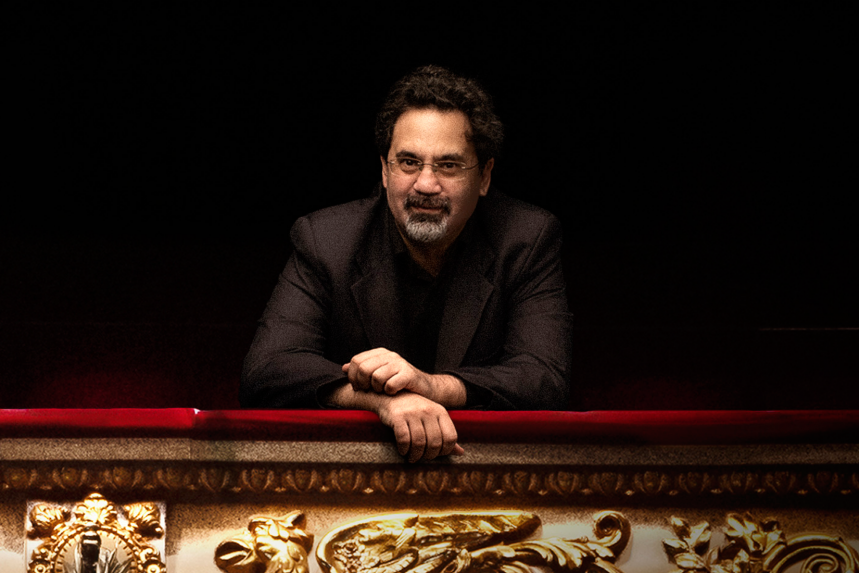
Pablo Assante
Chorus Director
Pablo Assante was born in Quilmes, Argentina, in 1975. He started studying piano at the age of eight at the School of Fine Arts in his hometown and then continued at the National Conservatory of Buenos Aires.
He obtained a bachelor’s degree in music in 1997 and majored in orchestral conducting and choral conducting at the Universidad Católica Argentina. He then continued studying both majors at the Mozarteum in Salzburg (Denis Russell/Jorge Rotter and Karl Kamper chairing). Since 2001, he has worked as a master preparer, conductor, and as choral director in the seasons of various lyrical theatres such as those in Chemnitz, Frankfurt am Main, Saarbrucken, Dresden (Semperoper) and the Carlo Felice Theatre in Genoa.
As an orchestral conductor he has conducted ballet, opera (among other titles Cavalleria Rusticana, I Pagliacci, Don Giovanni and La Viuda Alegre), symphonic and symphonic-choral concerts (among them the Requiem by Mozart and Verdi, the Lobgesang symphony by Mendelssohn), with orchestras such as the Robert Schumann Philharmonie, Saarländisches Staatsorchester, Orquesta Sinfónica Nacional Argentina, and the orchestra of the Teatro Carlo Felice di Genova.
His collaborations as choir director also include the Voci bianche di Roma choir for the Teatro dell'Opera and l'Accademia Nazionale di Santa Cecilia di Roma, the Leipzig Radio Choir, the Bamberg Symphony Choir, the Choir of the Zurich Opera, the Salzburg Easter Festival with the choirs of the Dresden Semperoper and the Munich Opera (Parsifal, DVD Deutsche Grammophon) and, more recently, with the opera houses of Xian, Beijing, Shanghai and Staatsoper München.
In addition to a vast operatic repertoire that includes Wagner’s, Verdi’s and Puccini’s main titles, he has collaborated as choir director in symphonic-chorals such as Beethoven’s Missa Solemnis (DVD Unitel), Britten’s War Requiem, Brahms’ Ein Deutsches Requiem, Wagner’s Das Liebesmahl der Apostel oratorios, Elgar’s The Dream of Gerontius, Mahler’s symphonies 2, 3 and 8, and with conductors such as Kurt Masur, Georges Prêtre, Colin Davis, Christian Thielemann, Fabio Luisi, and Kirill Petrenko.
Members
Sopranos I
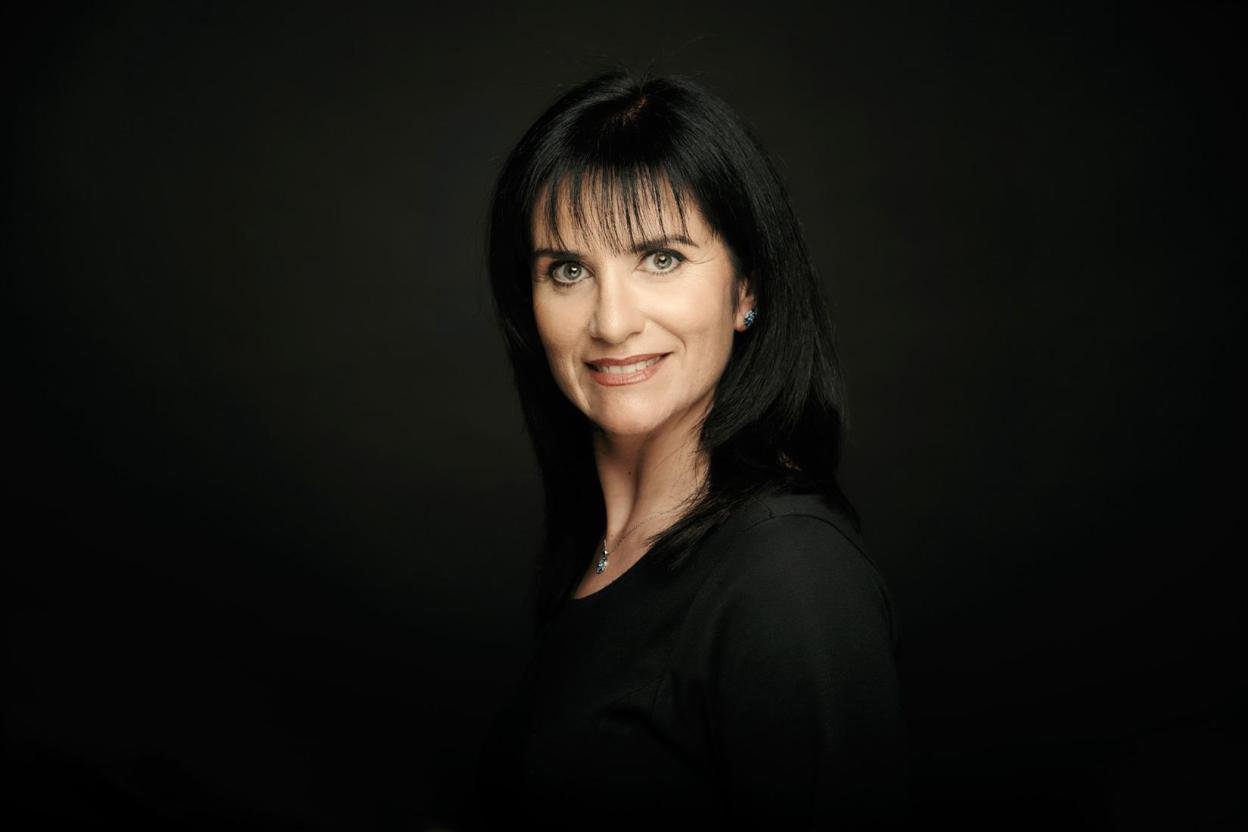
Margarida Buendia
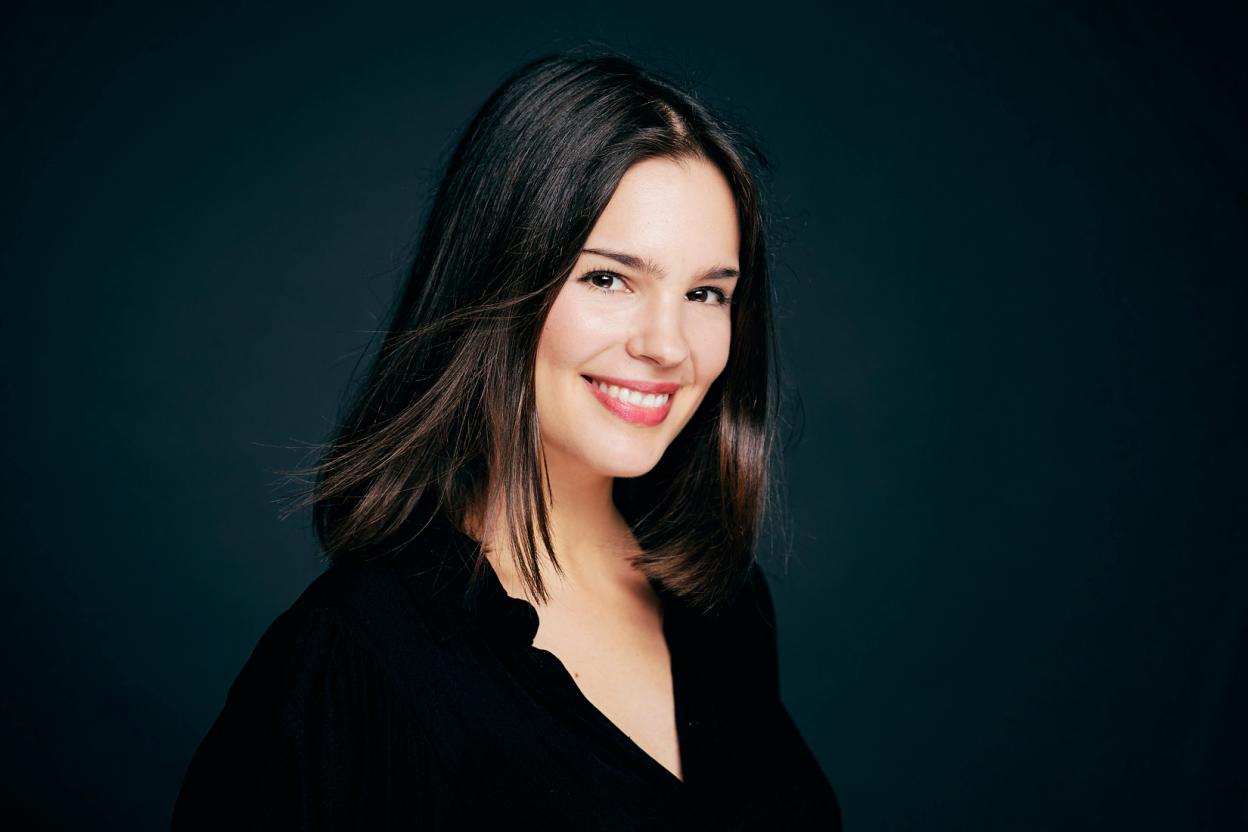
Mercedes Darder
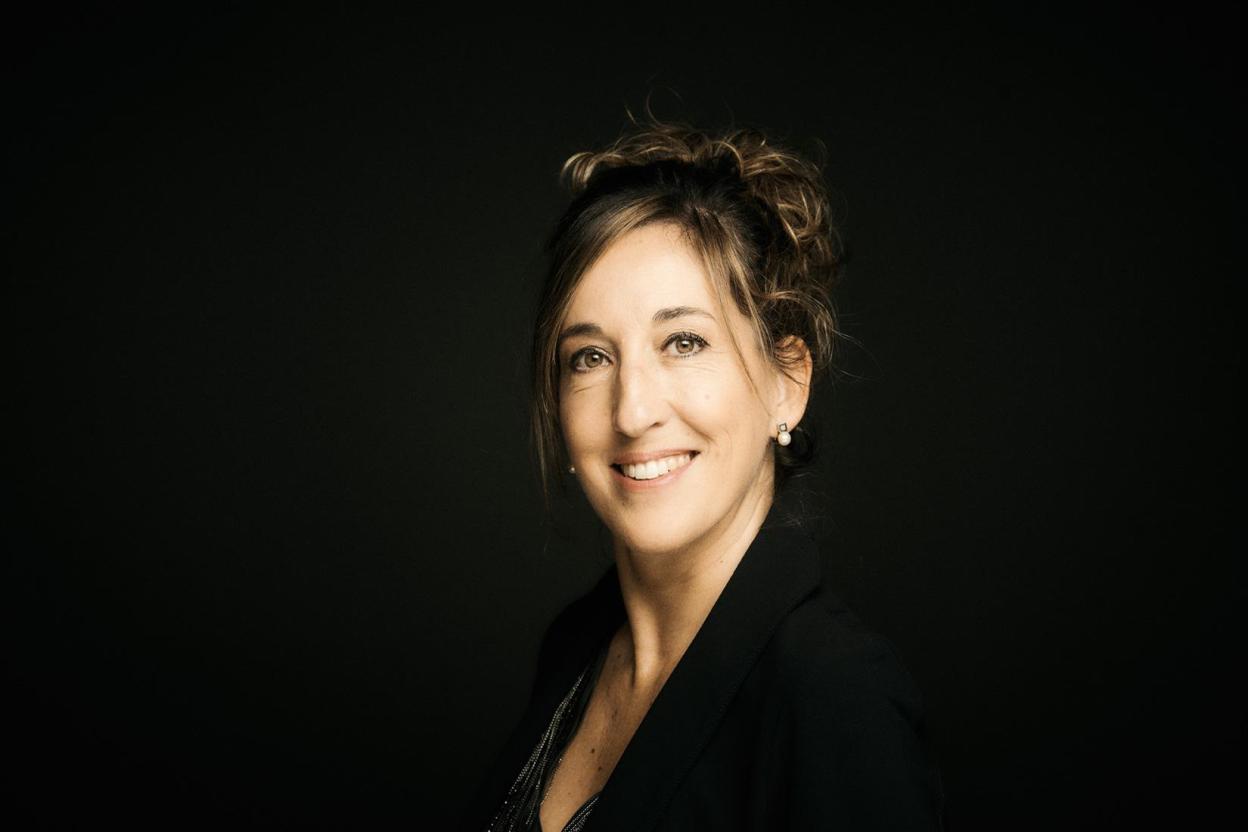
Maria Genís
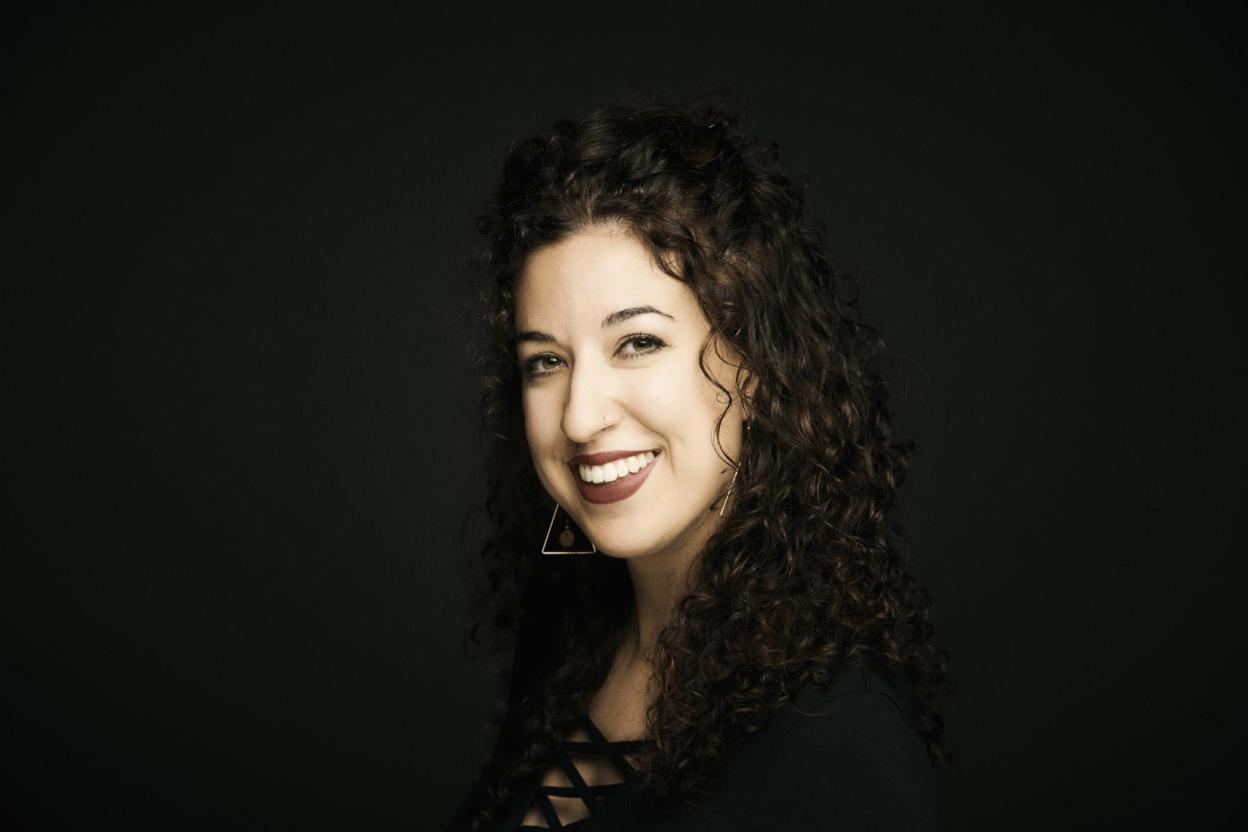
Oihane Gonzalez
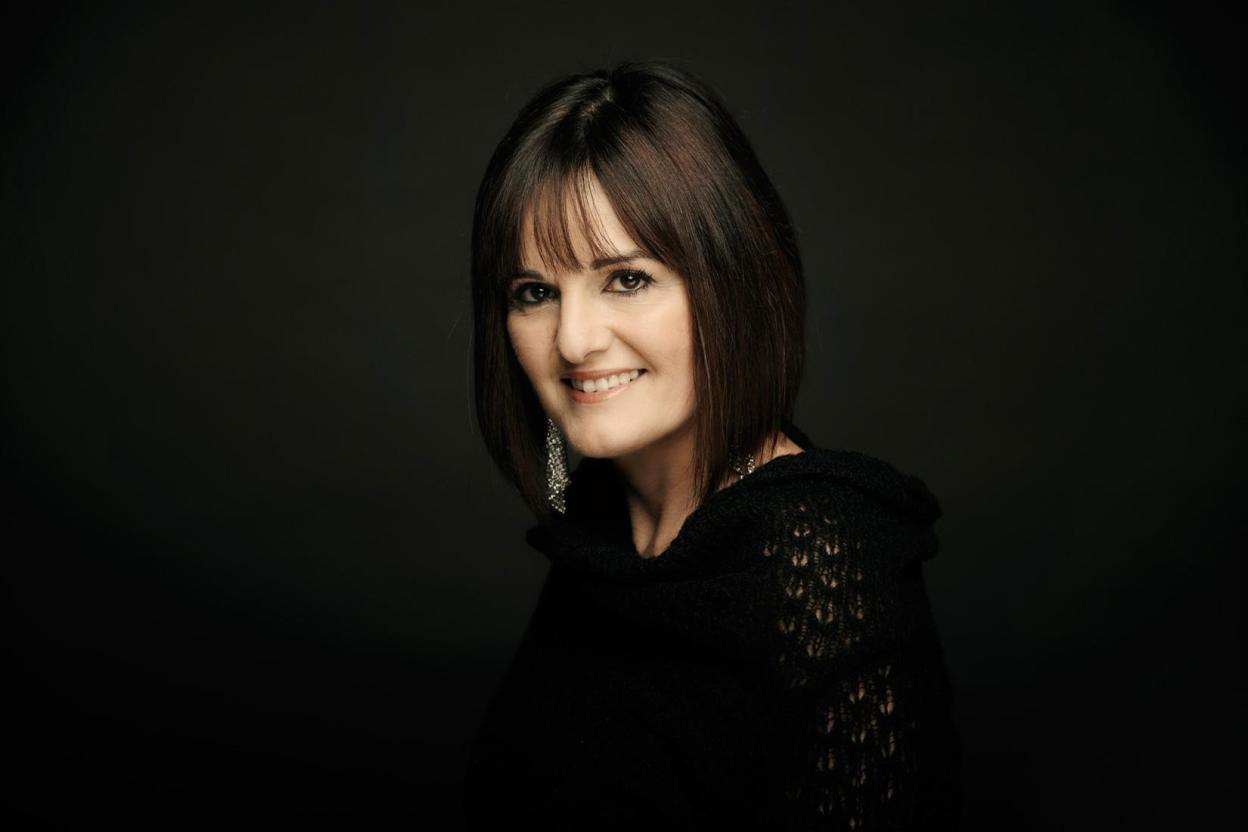
Olatz Gorrotxategi
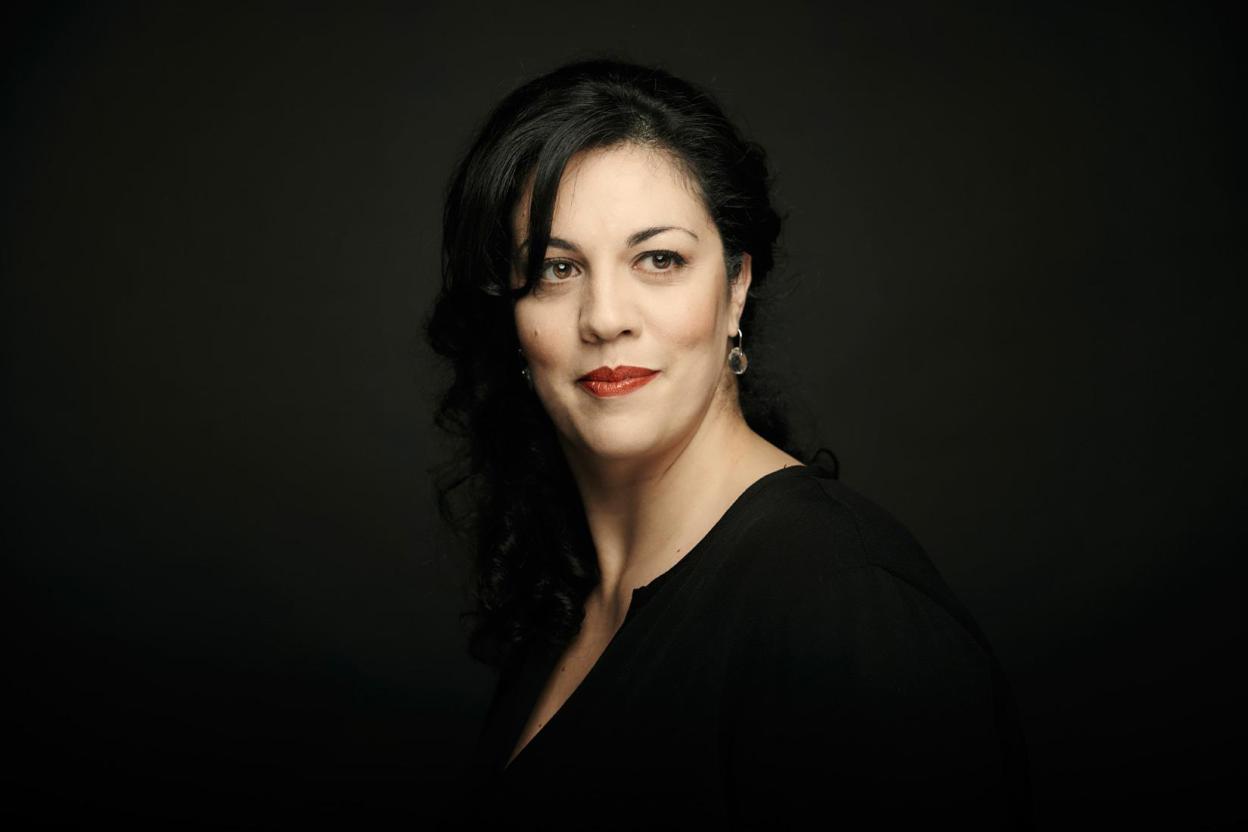
Carmen Jimenez
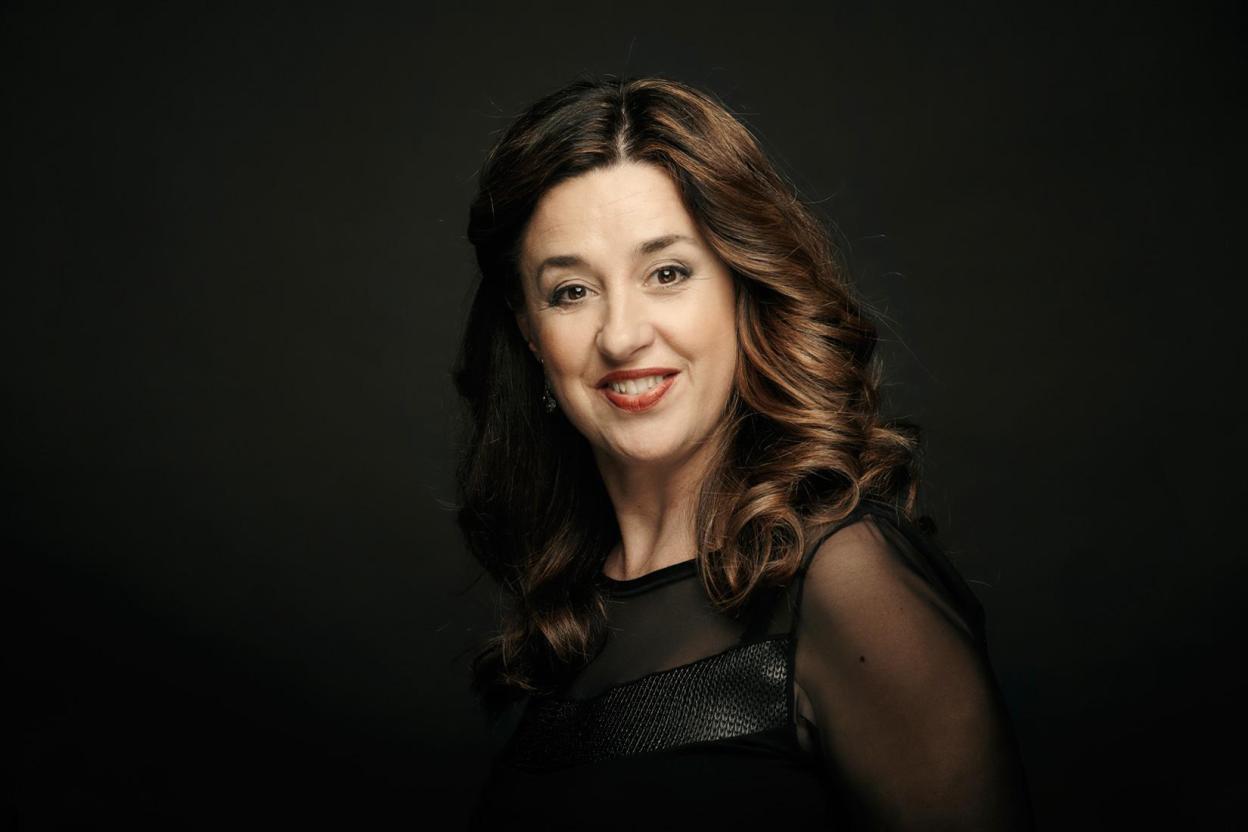
Glòria López
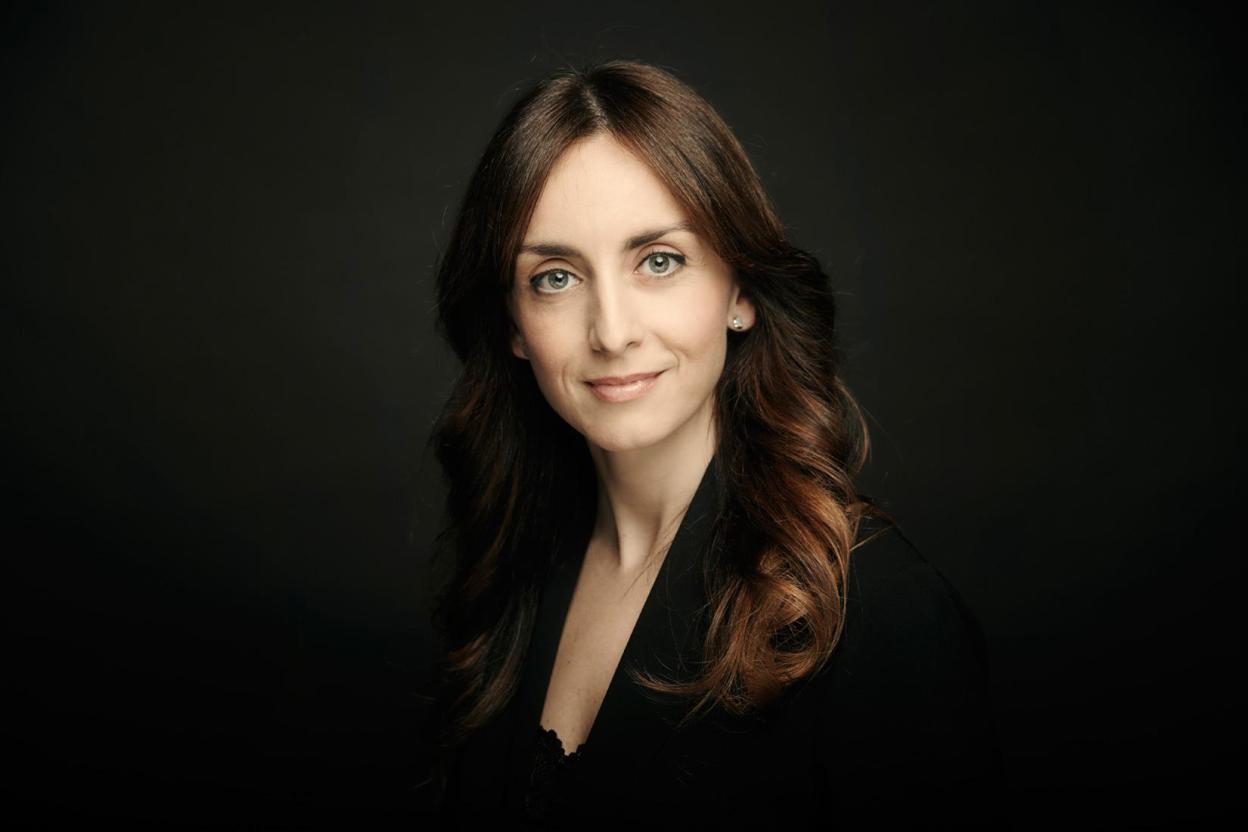
Raquel Lucena
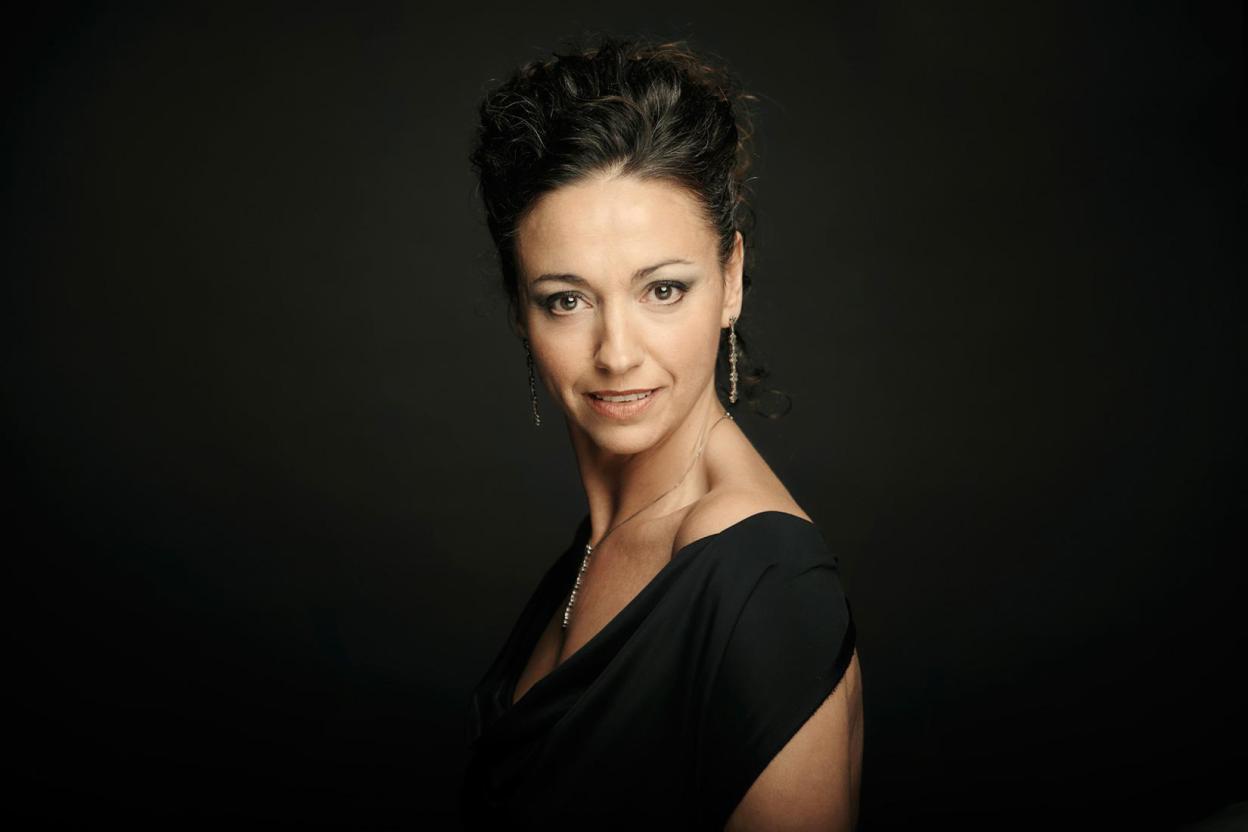
Monica Luezas
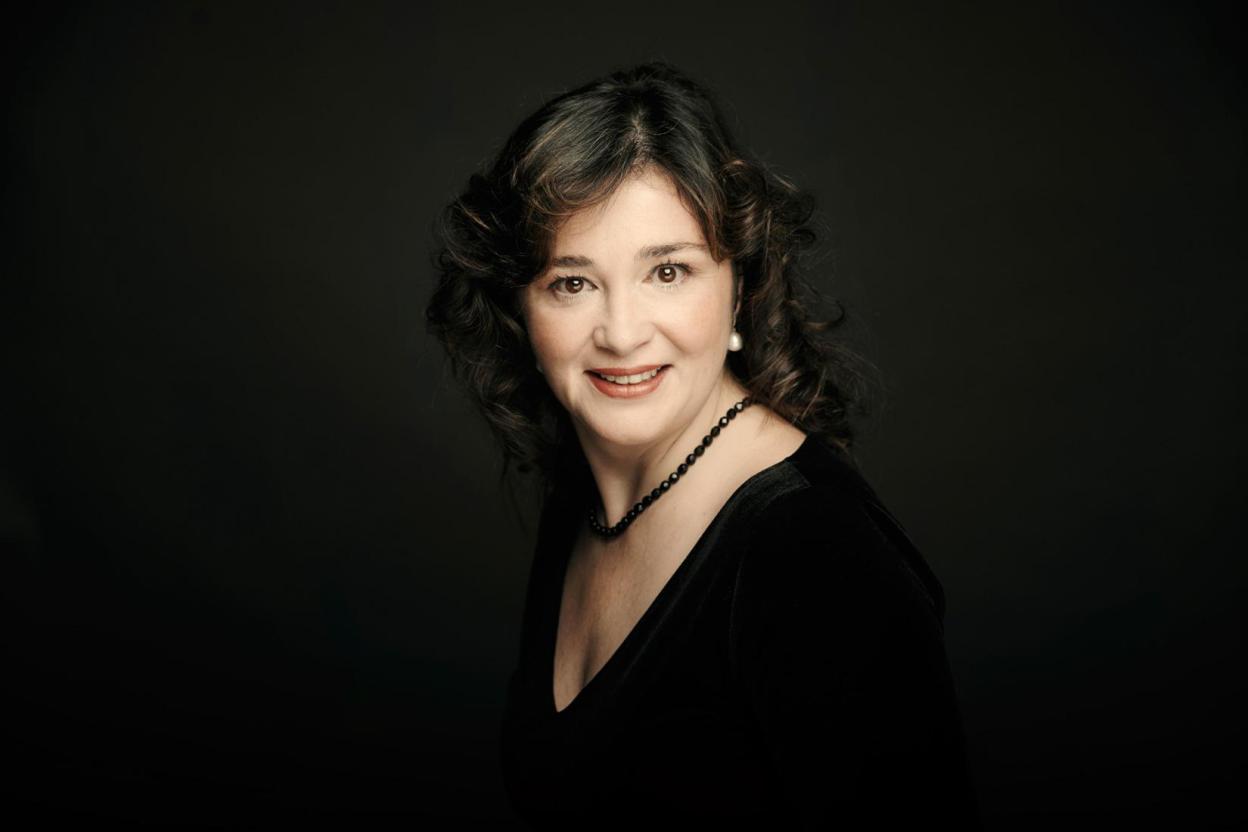
Raquel Momblant
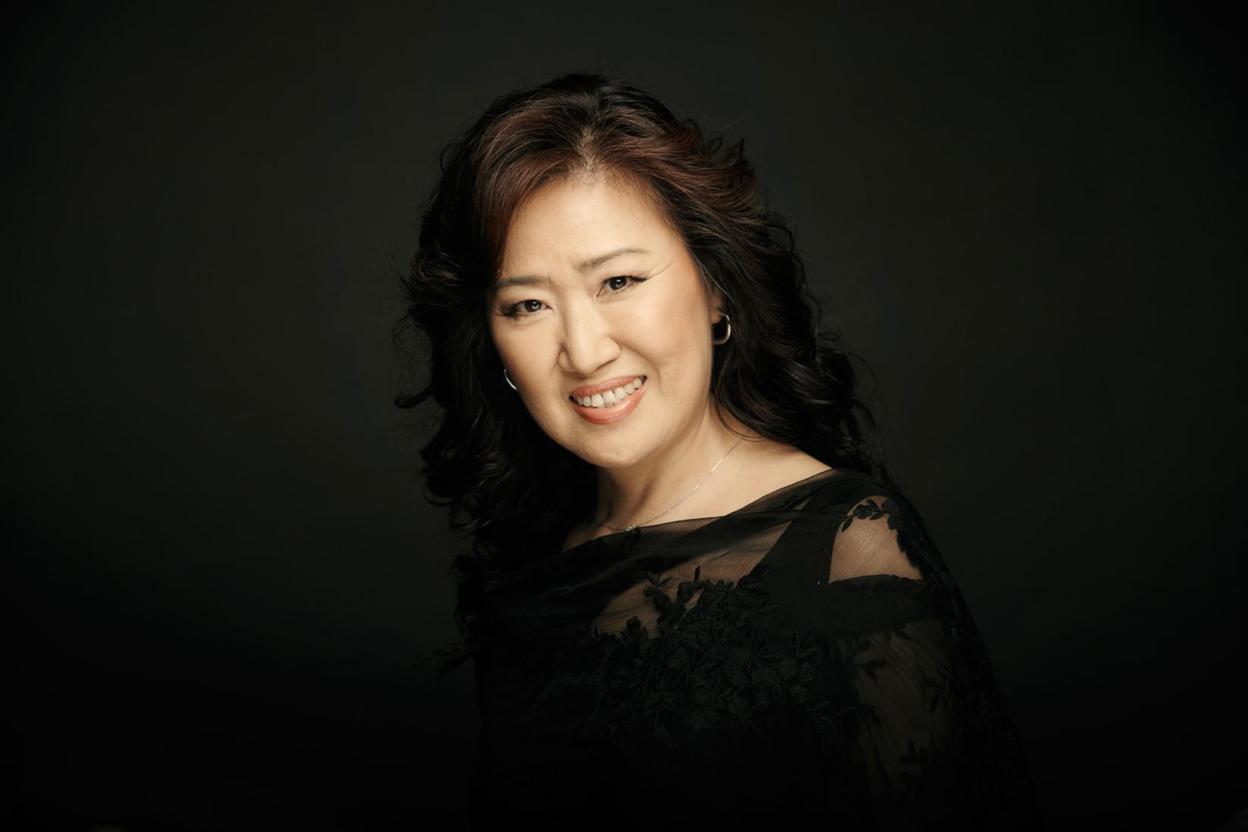
Eun Kyung Park
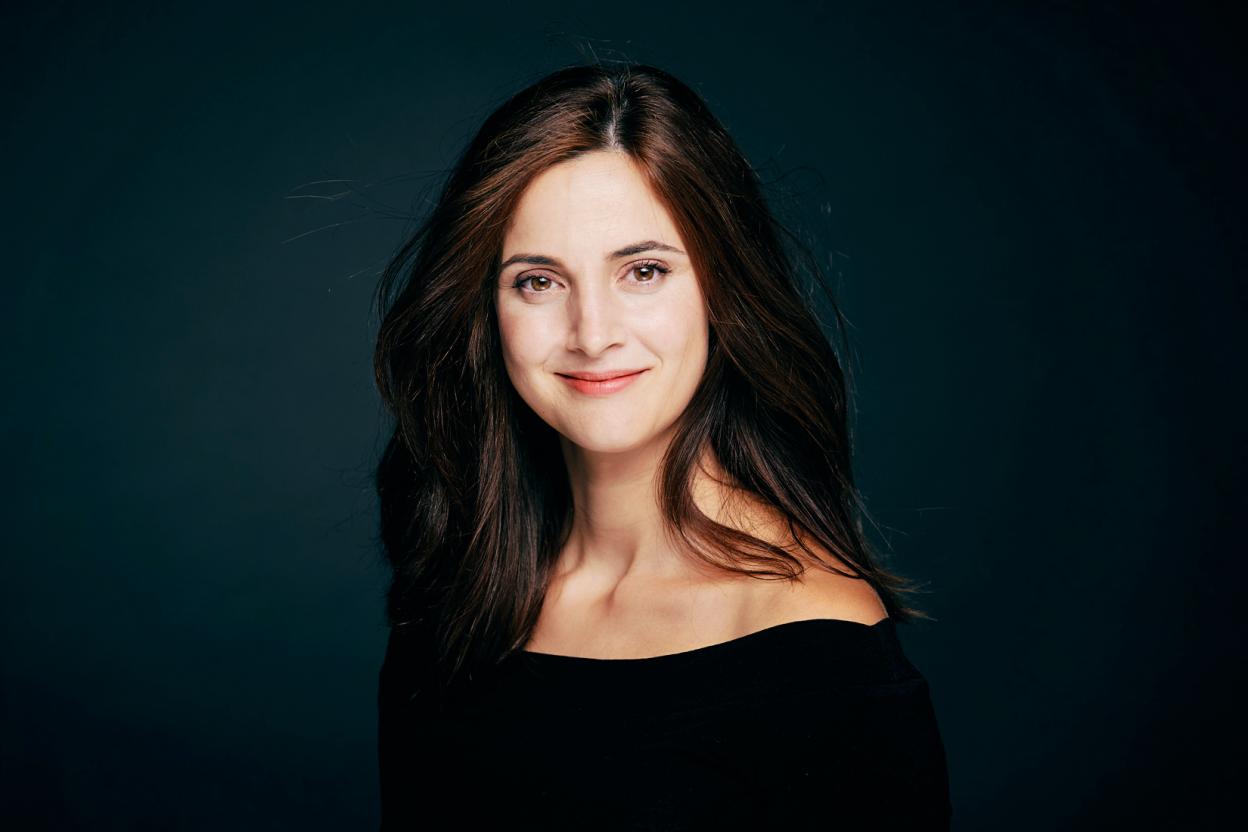
Natalia Perelló
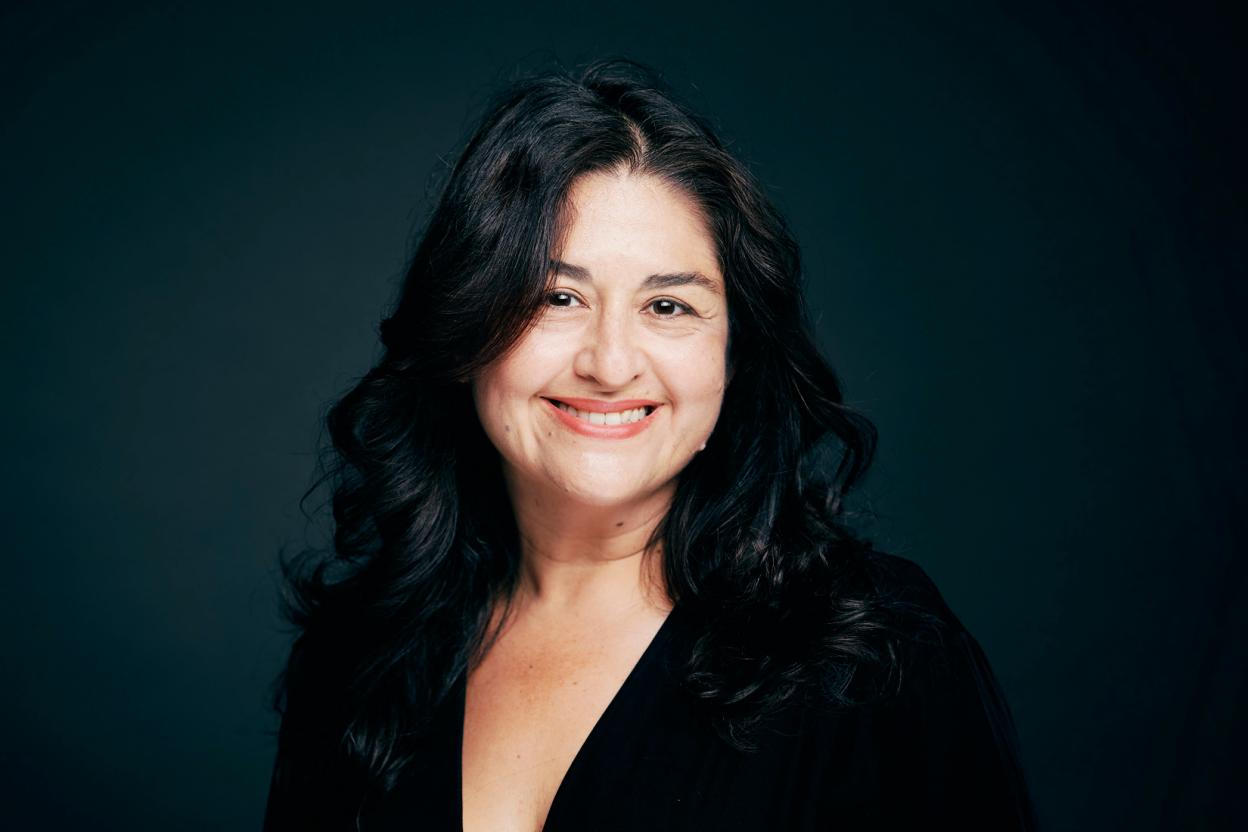
Alexandra Zabala
Sopranos II
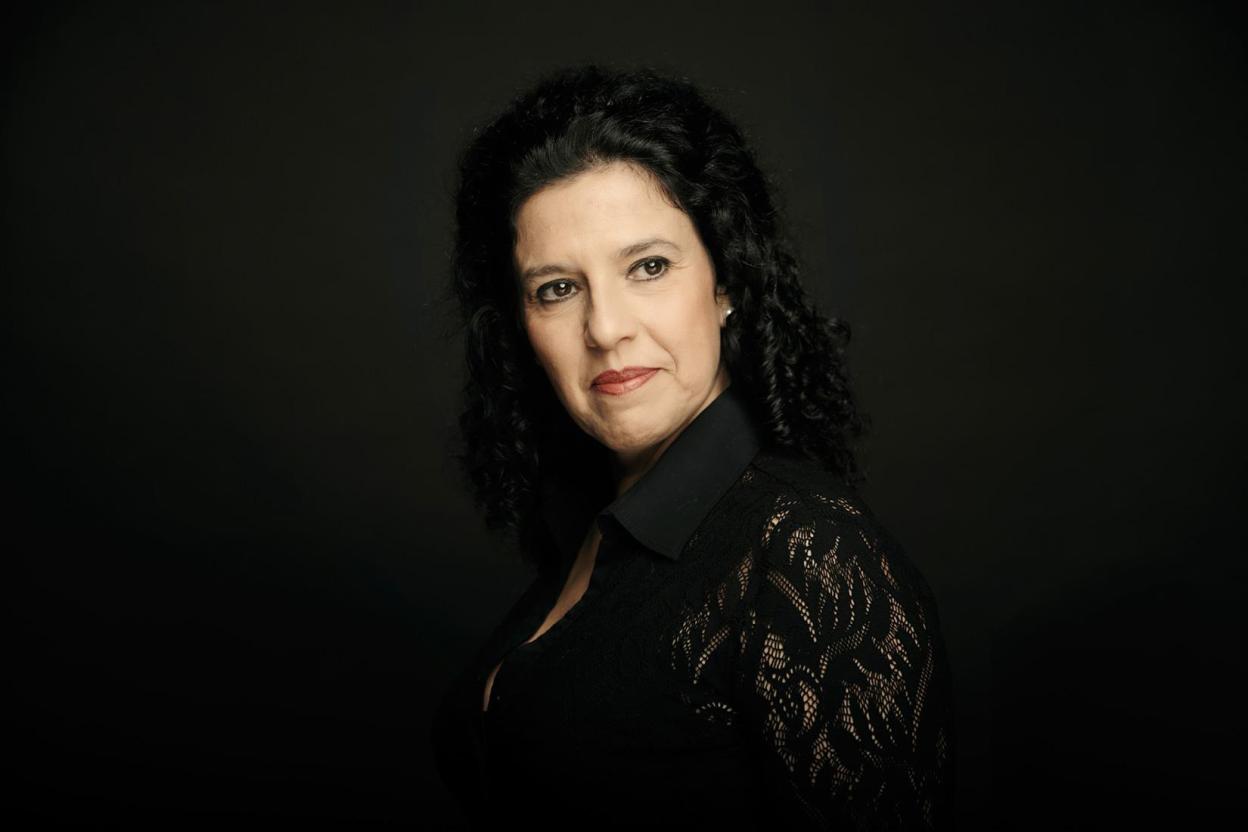
Mariel Fontes
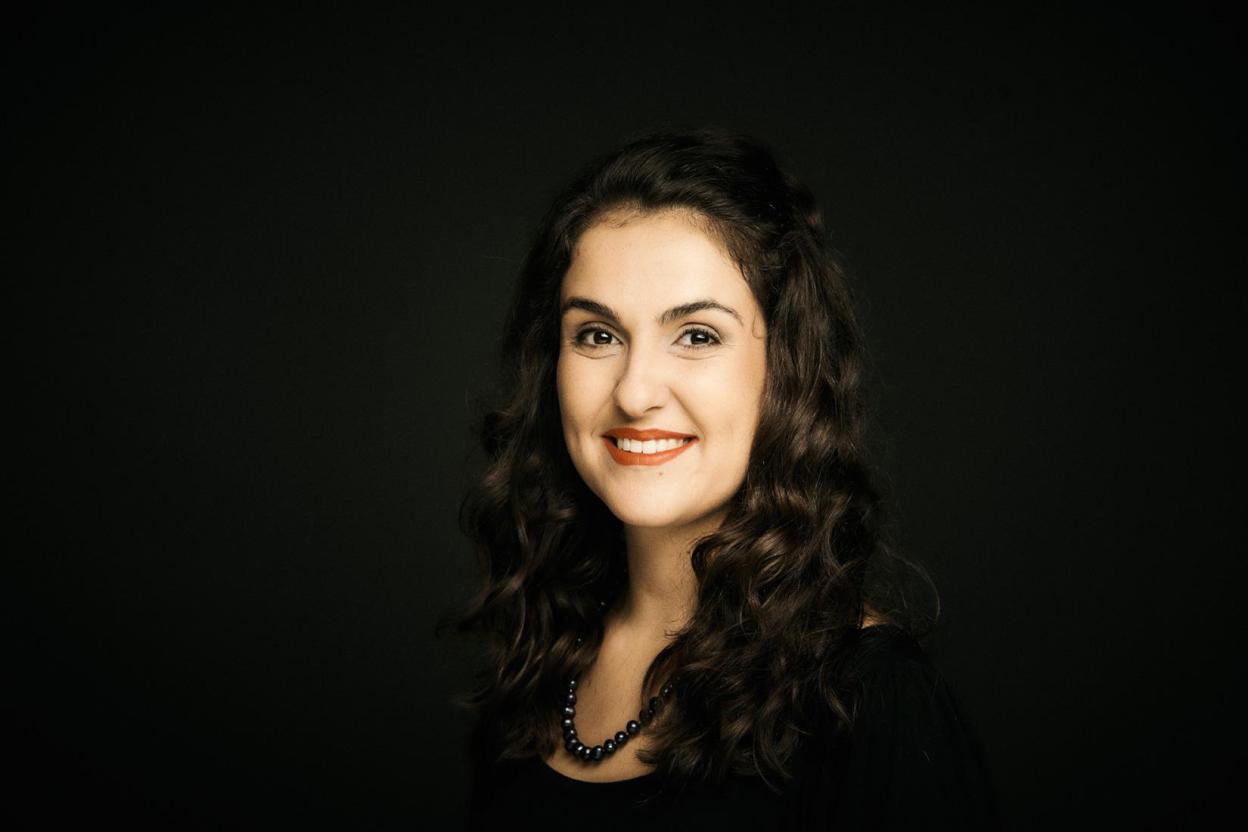
Aina Martín
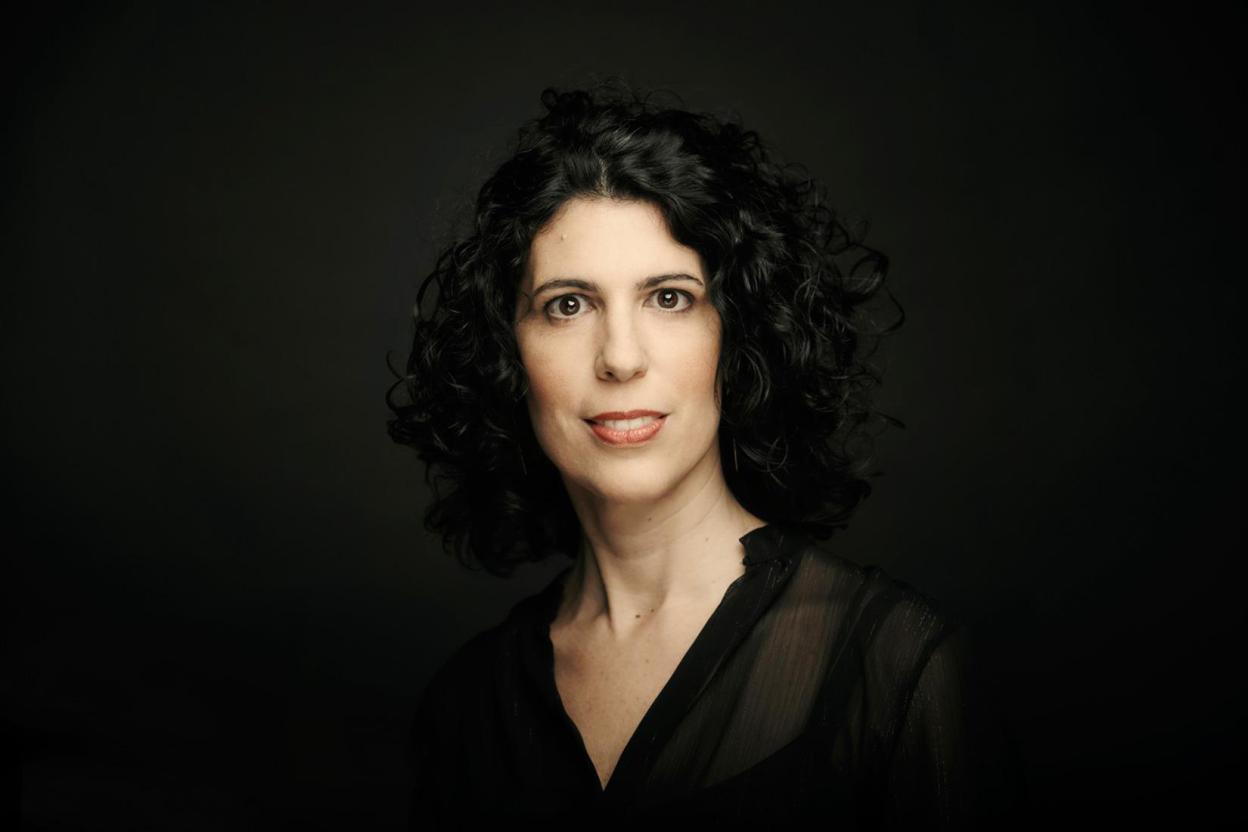
Mari Àngels Padró
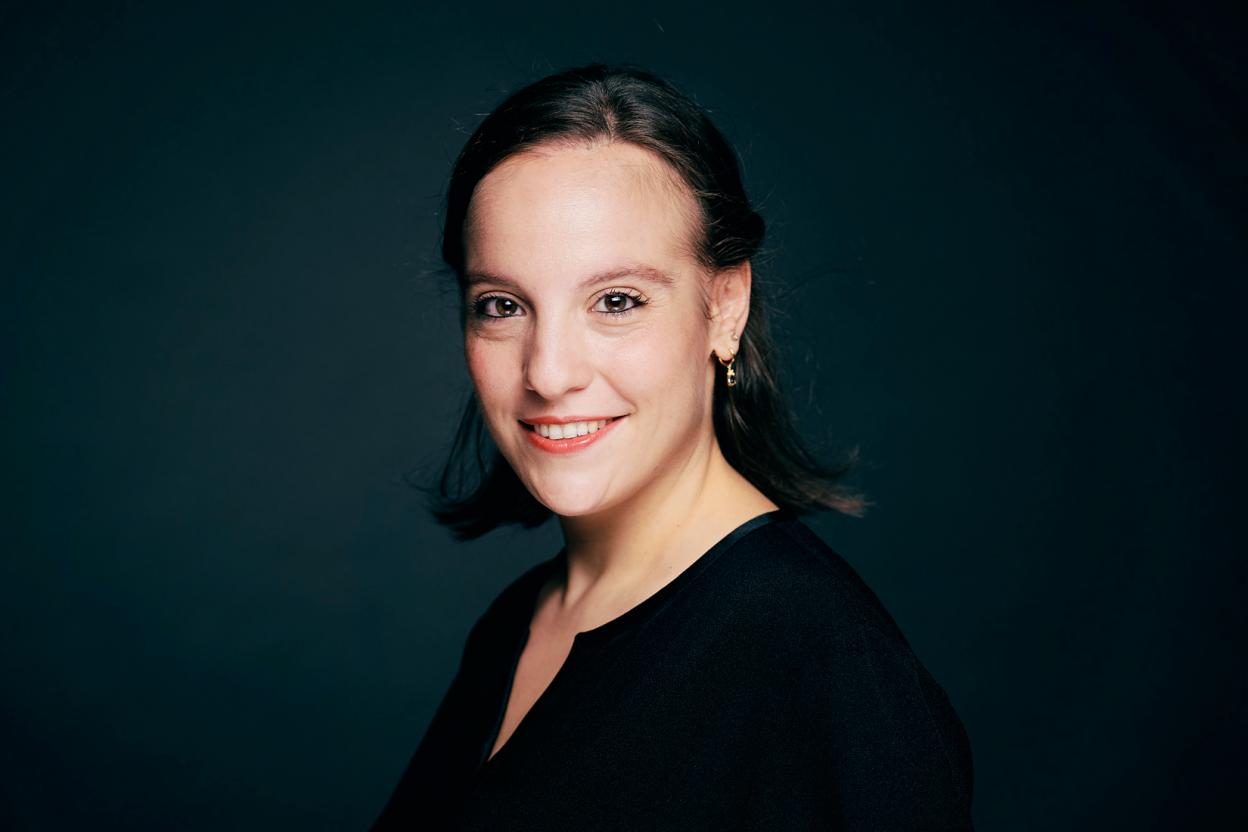
Sara Sarroca
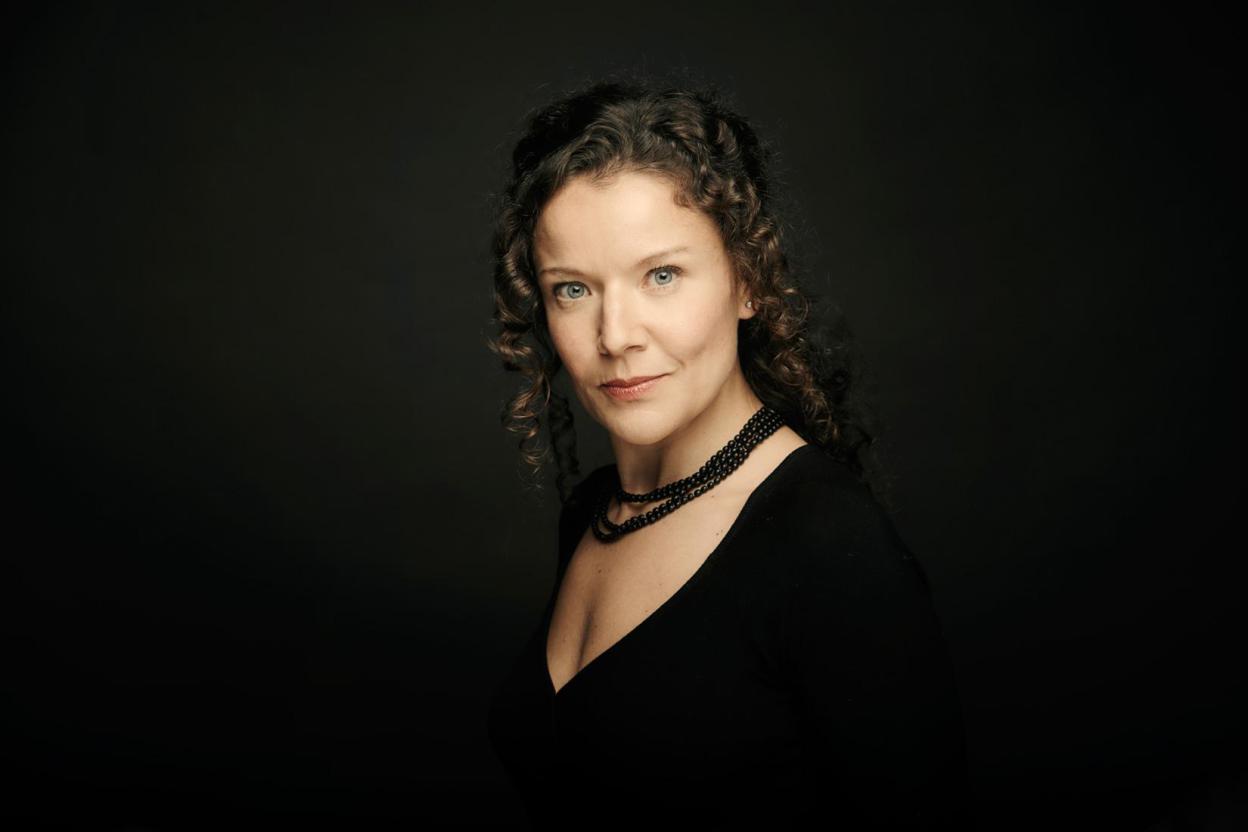
Elisabet Vilaplana
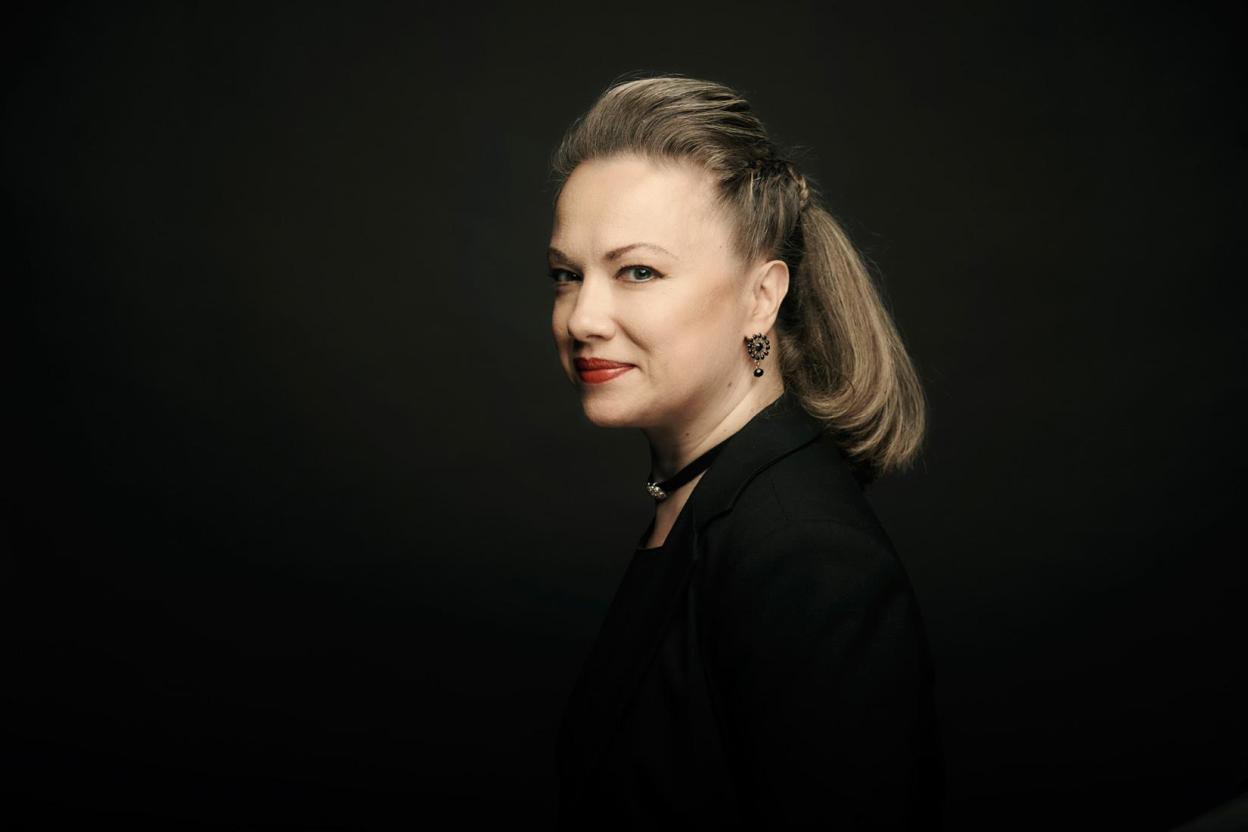
Helena Zaborowska
Mezzos
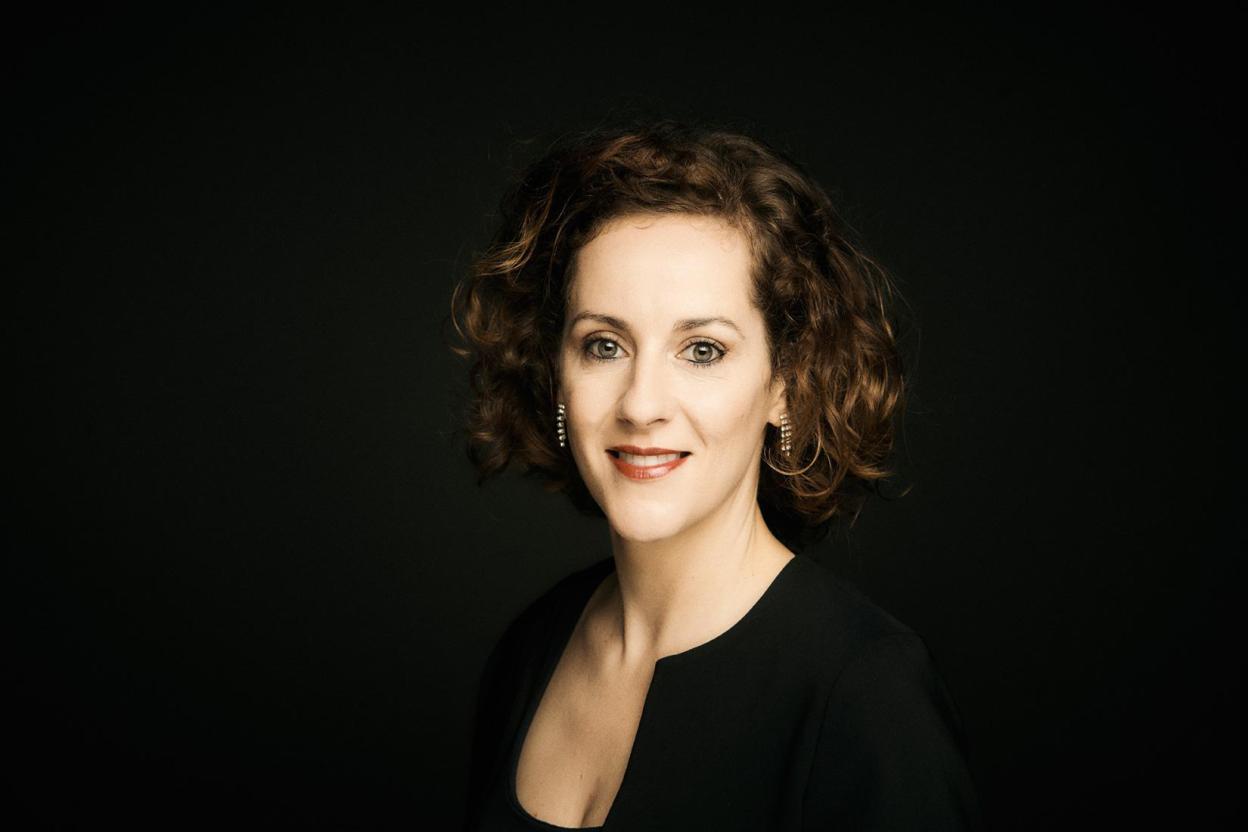
Elisabeth Gillming
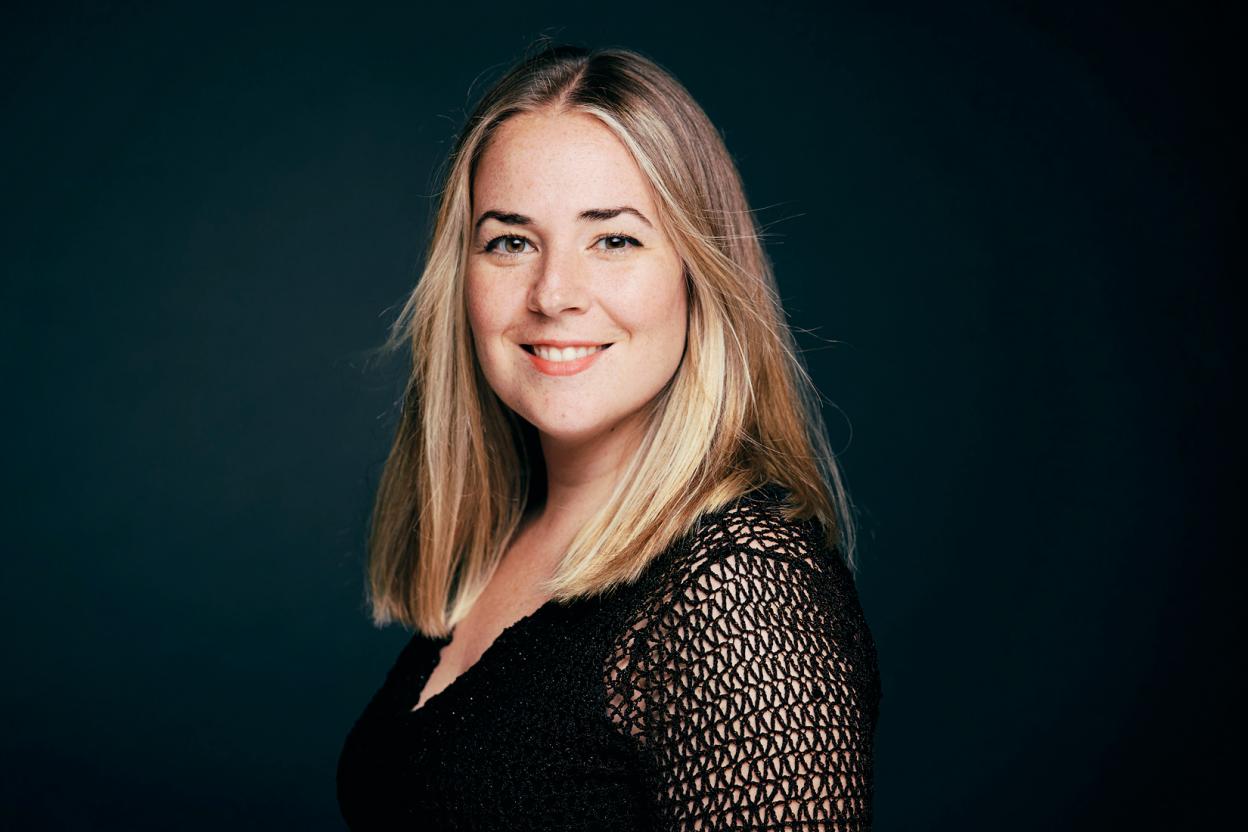
Gema Hernández
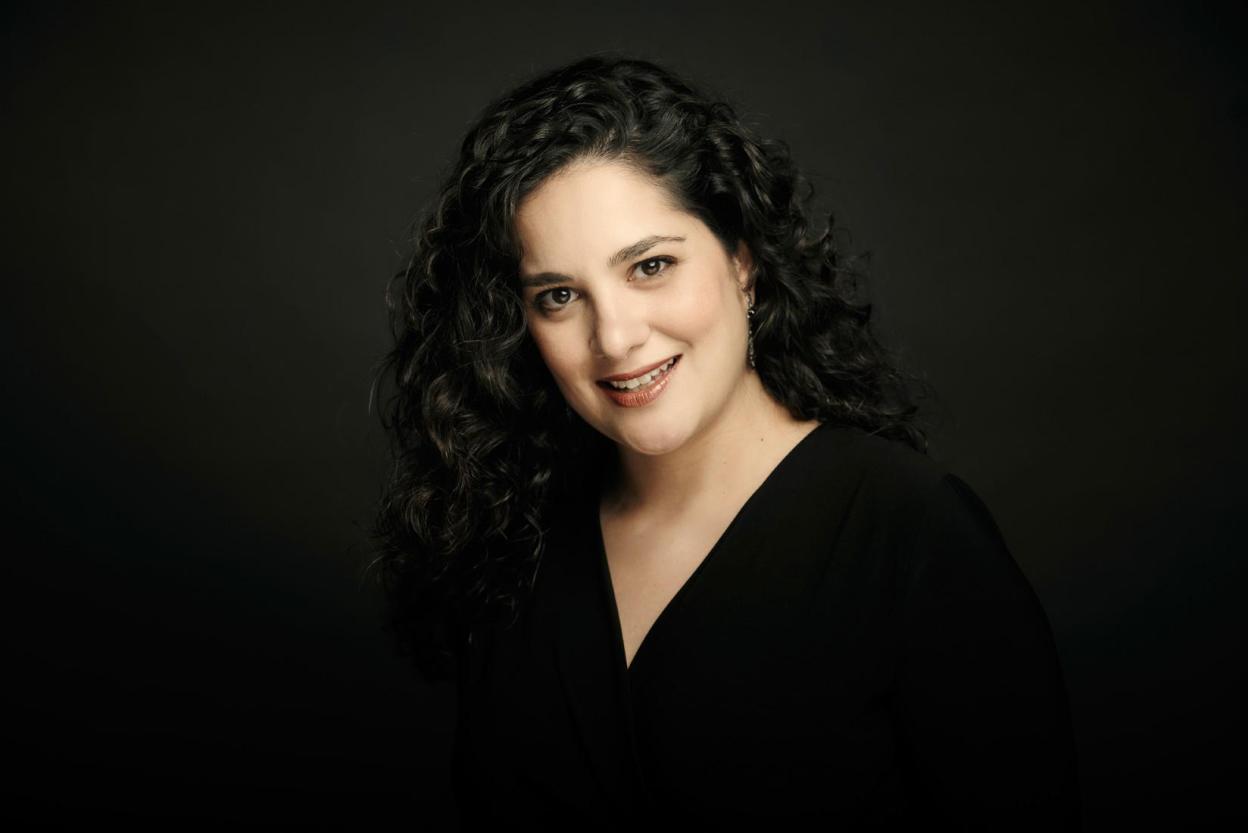
Marta Polo
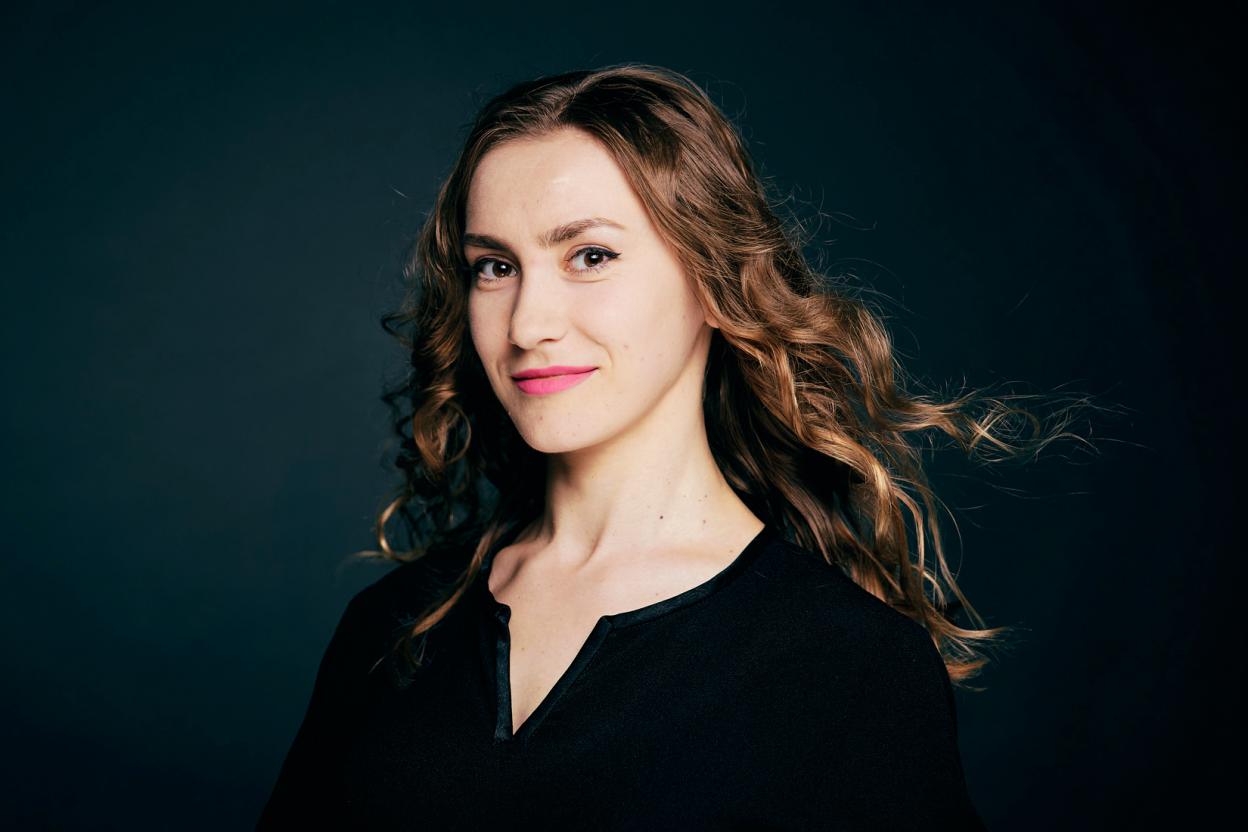
Yulia Safonova
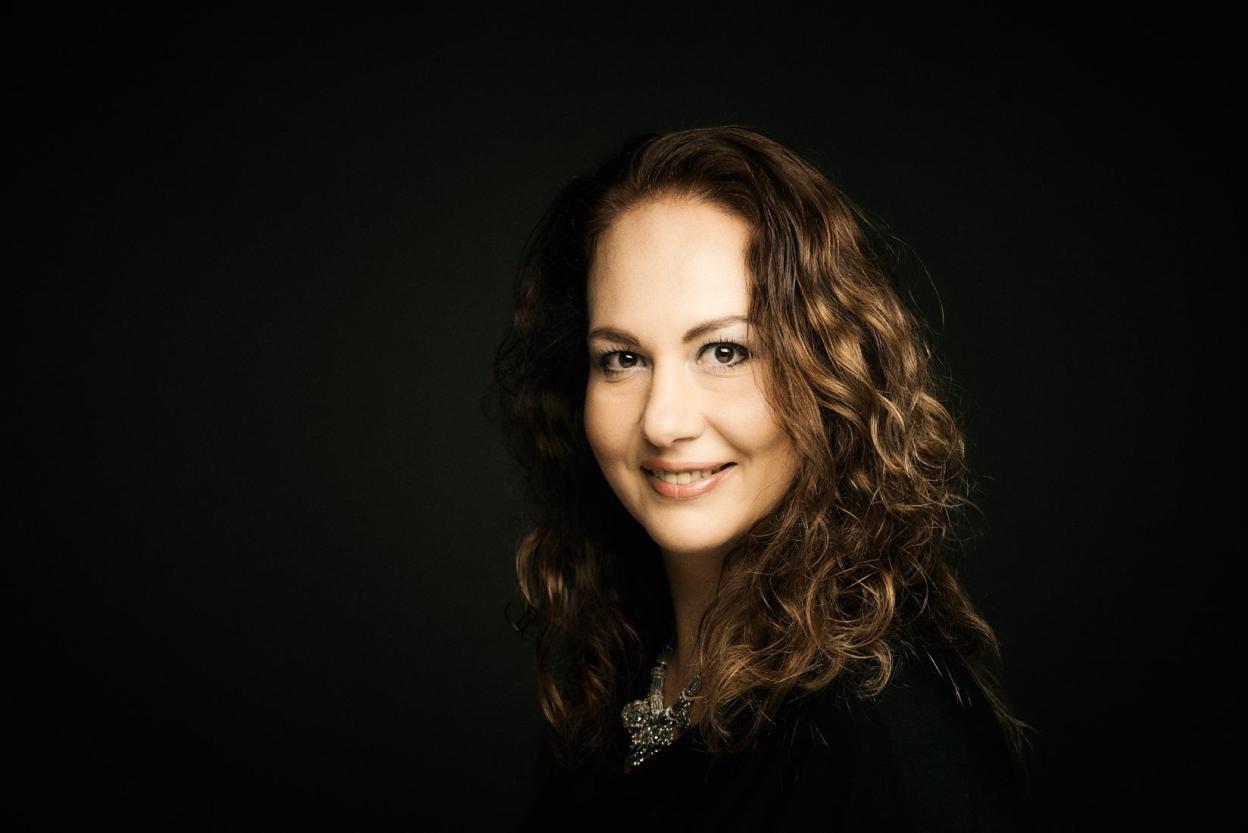
Olga Szabó
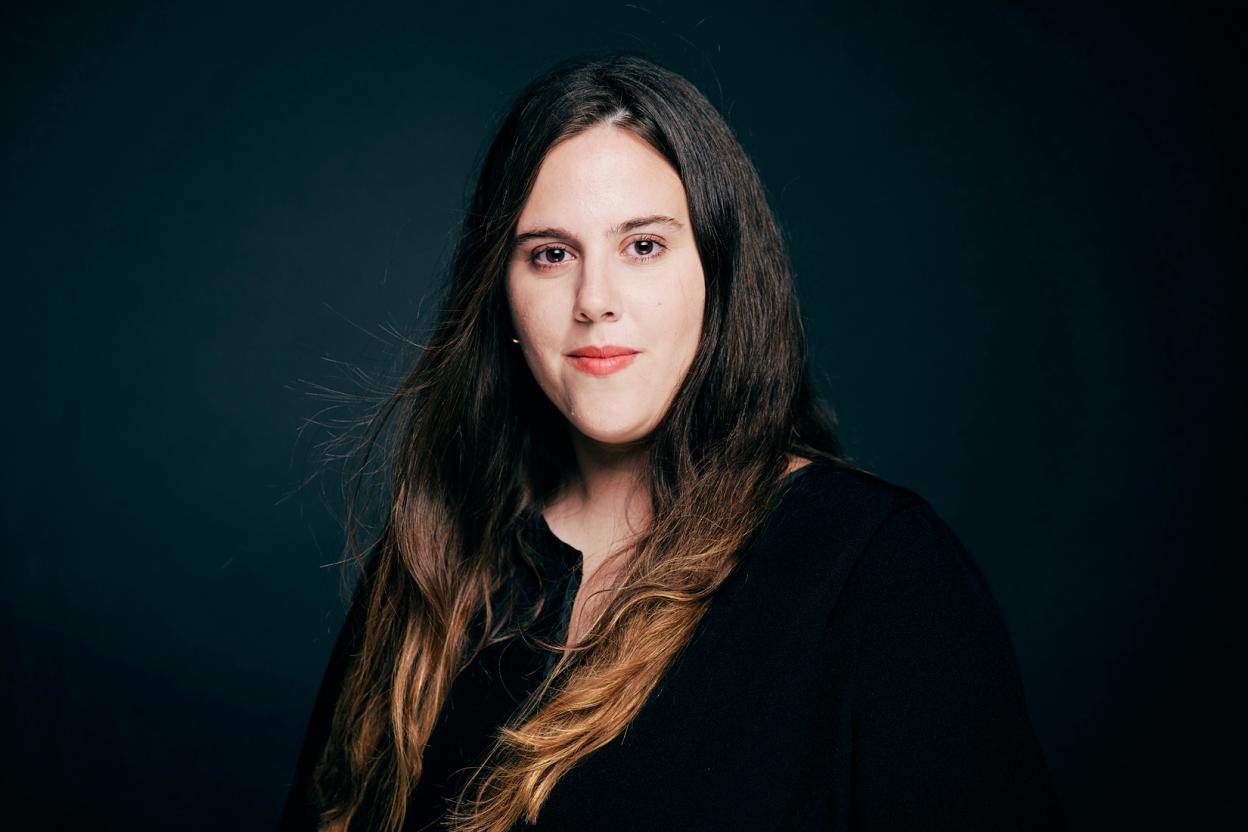
Cristina Tena
Contraltos
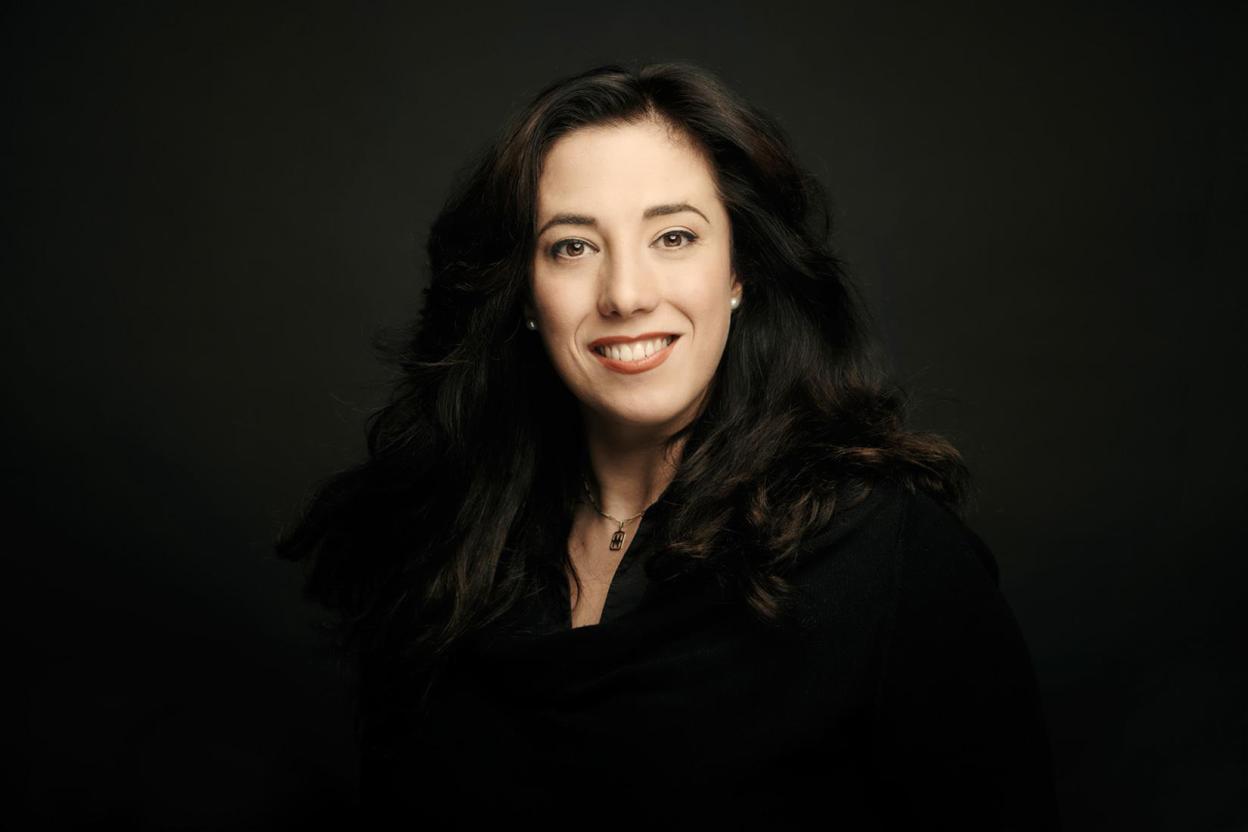
Mariel Aguilar
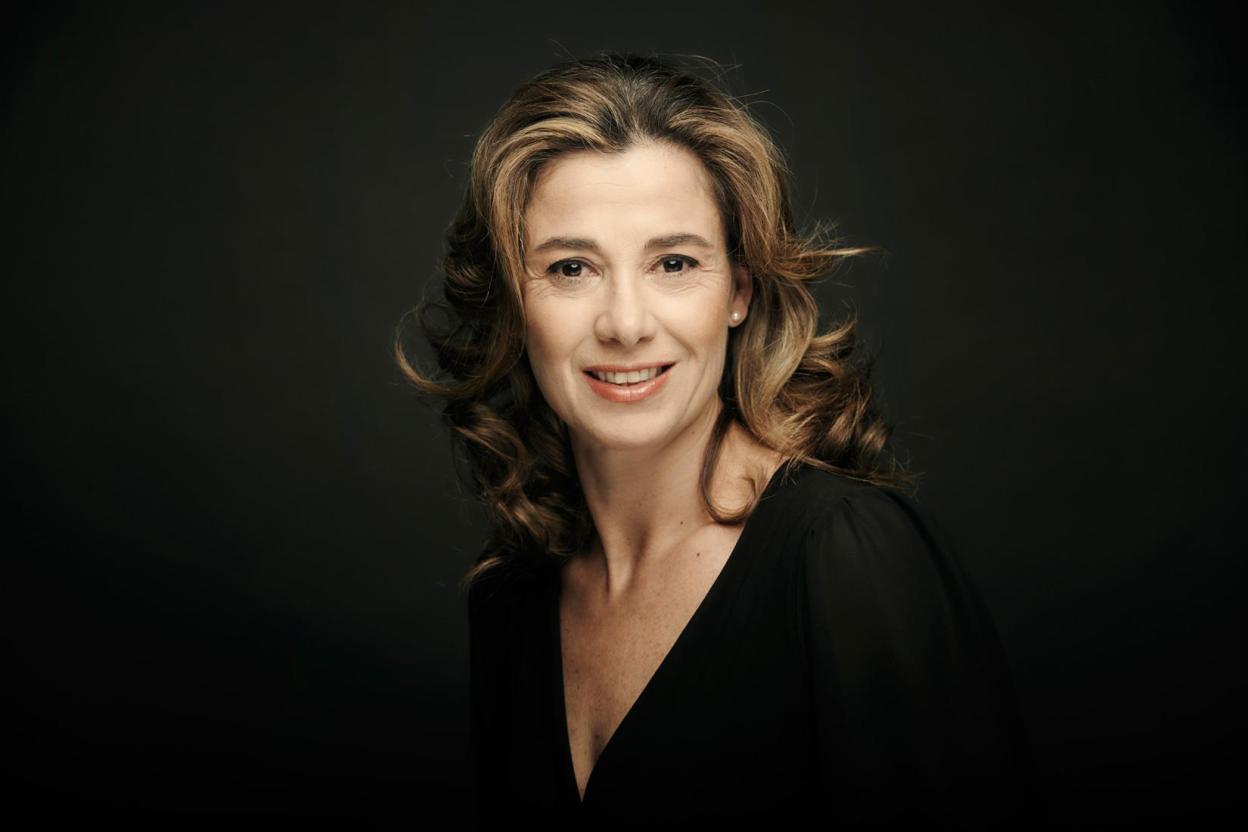
Sandra Codina
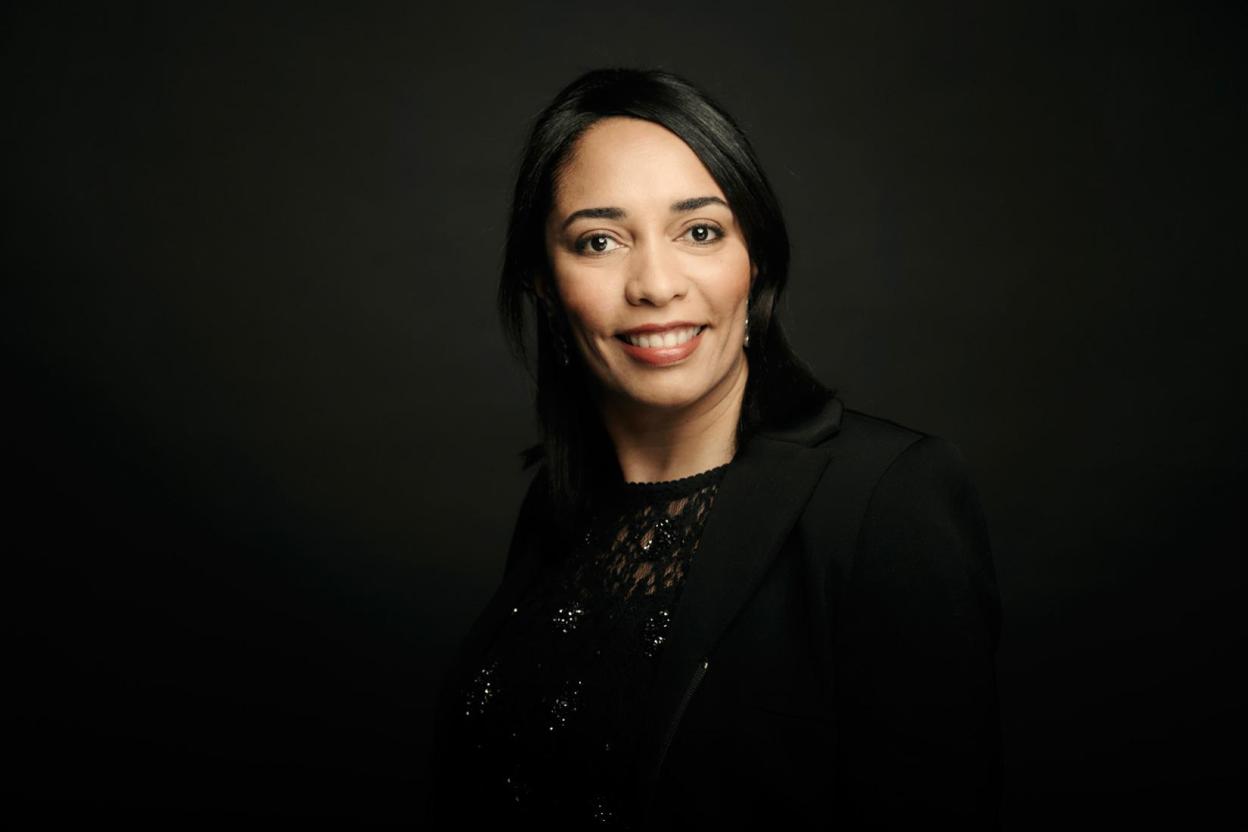
Yordanka León
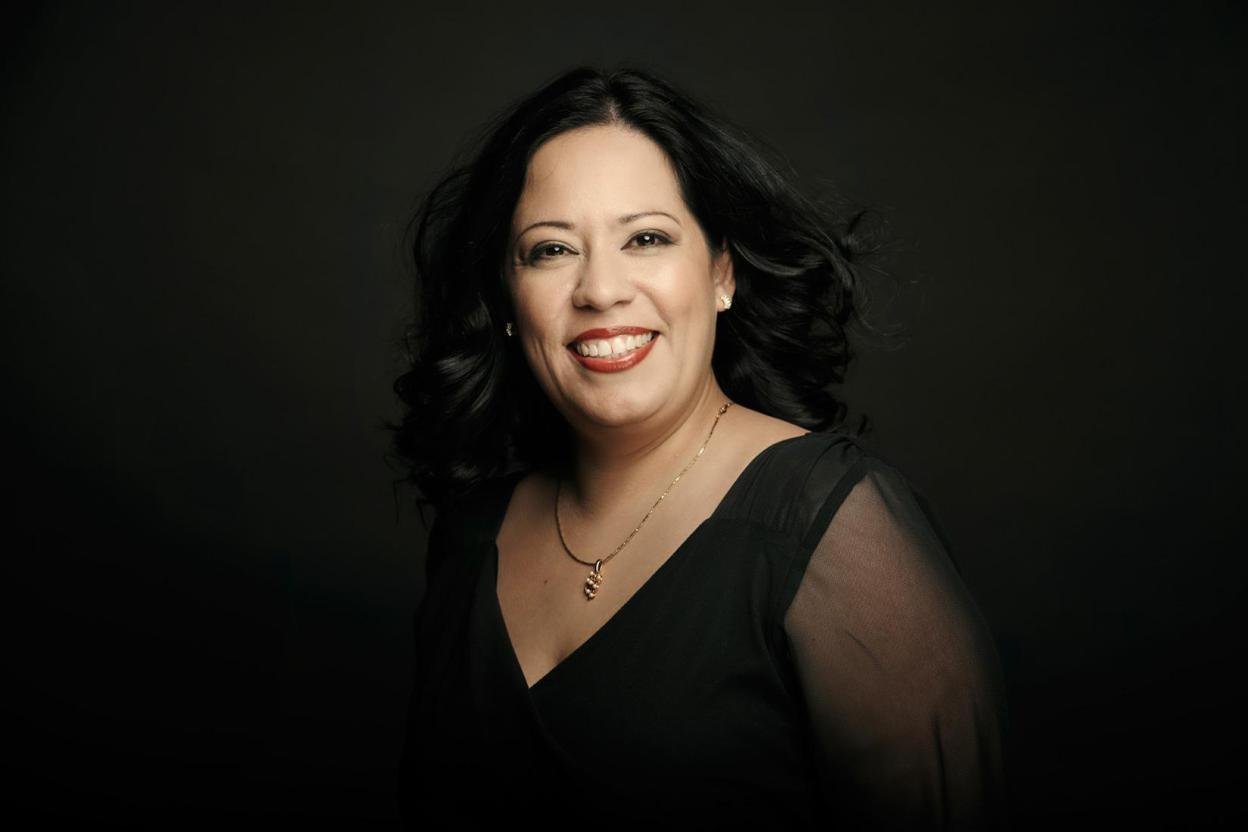
Elizabeth Maldonado
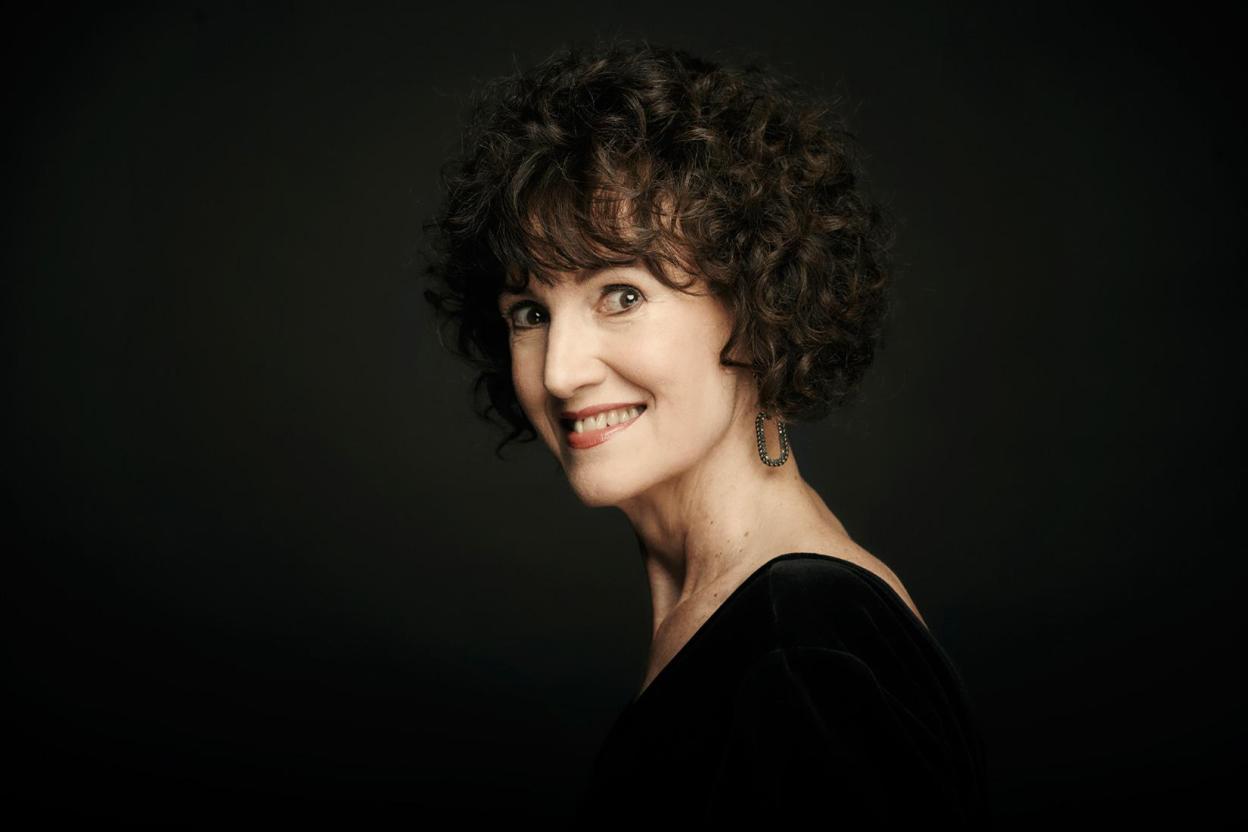
Ingrid Venter
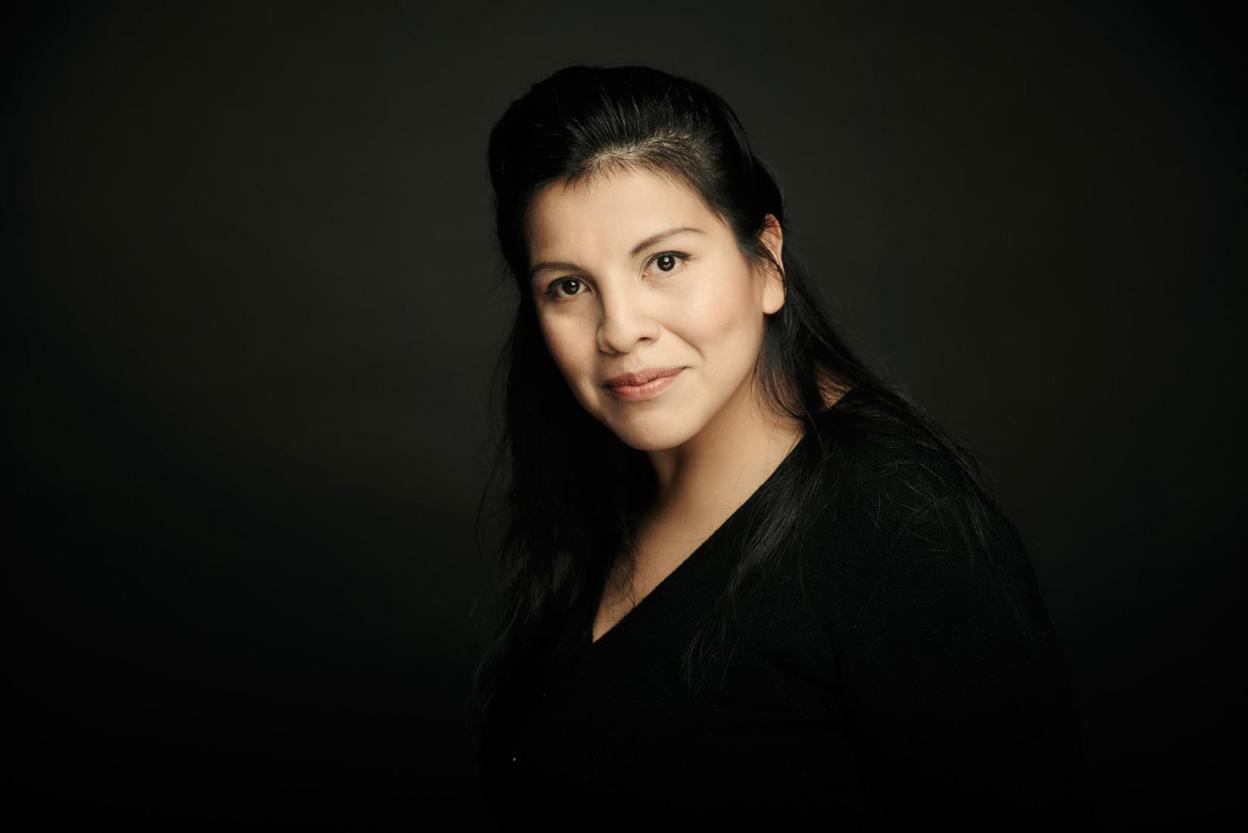
Guisela Zannerini
Tenors I
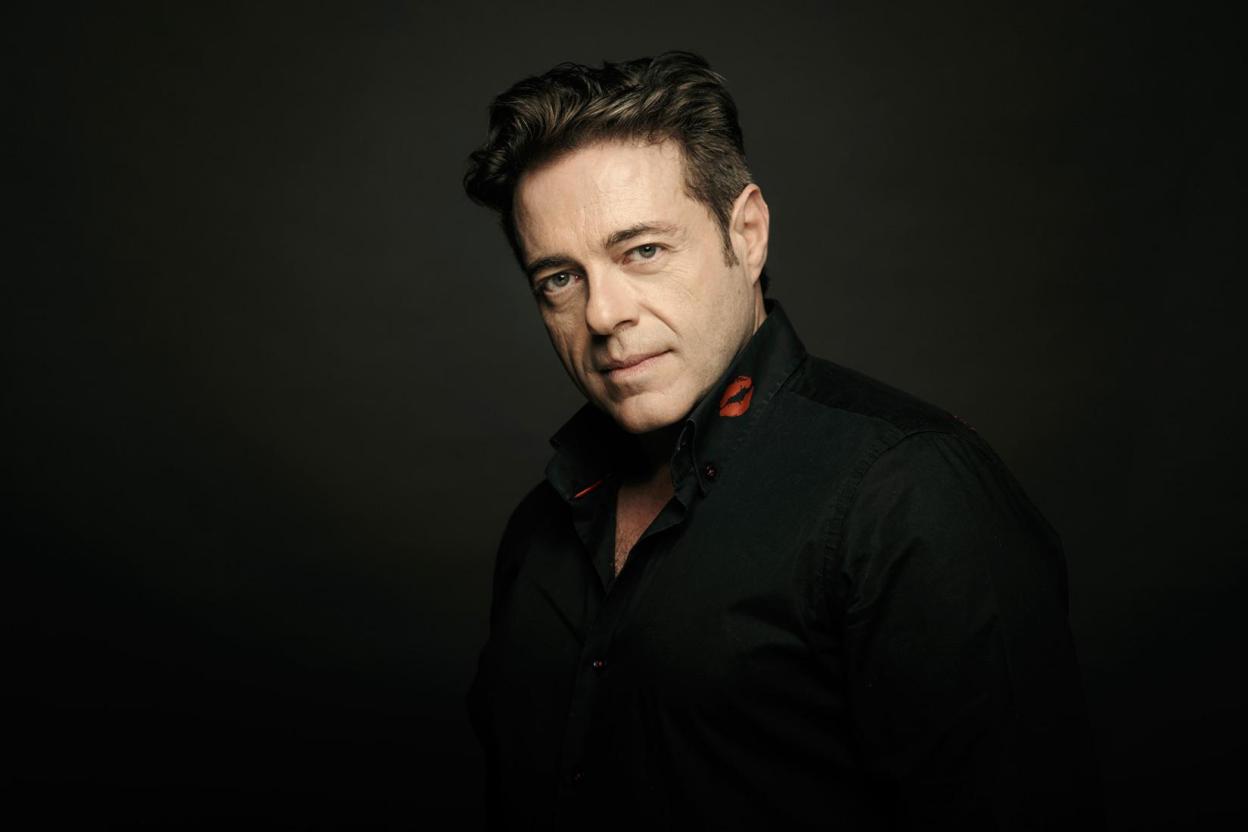
José Luis Casanova
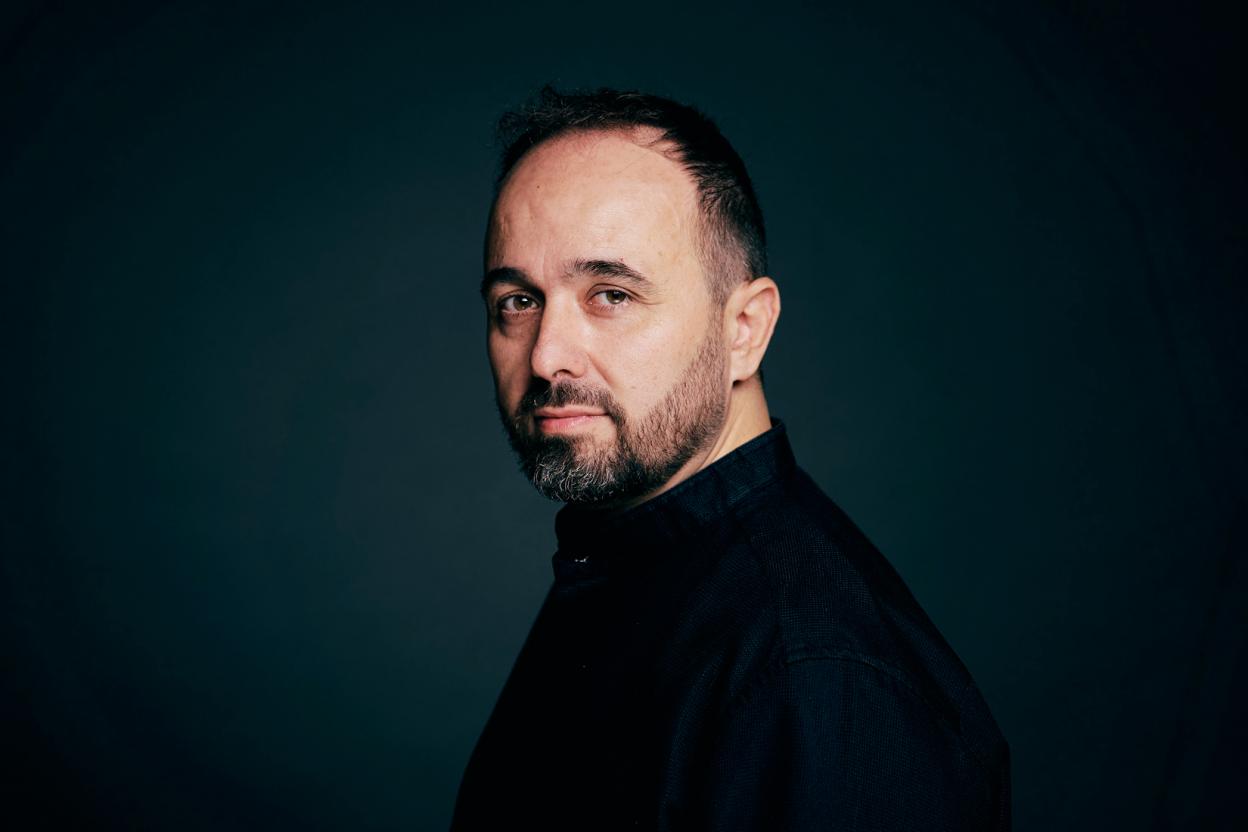
Jordi Galán
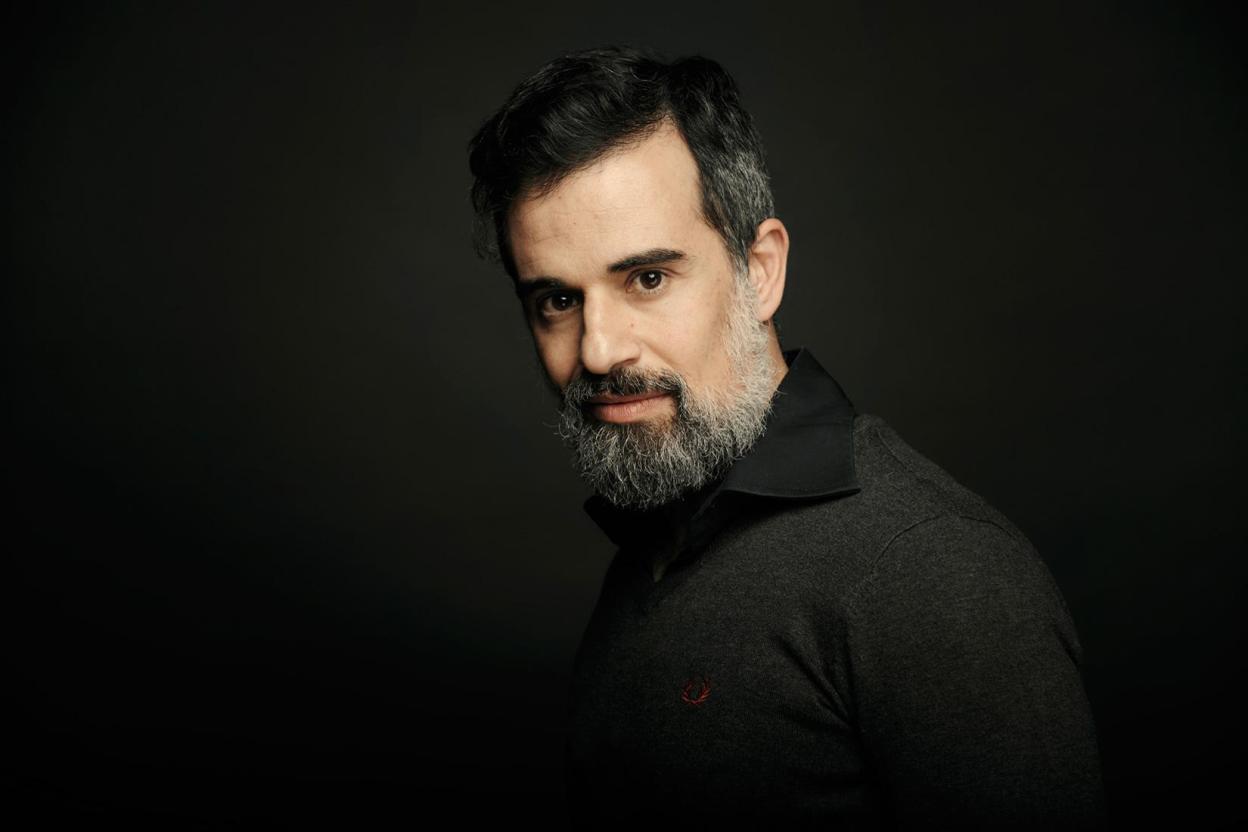
Xavier Martínez
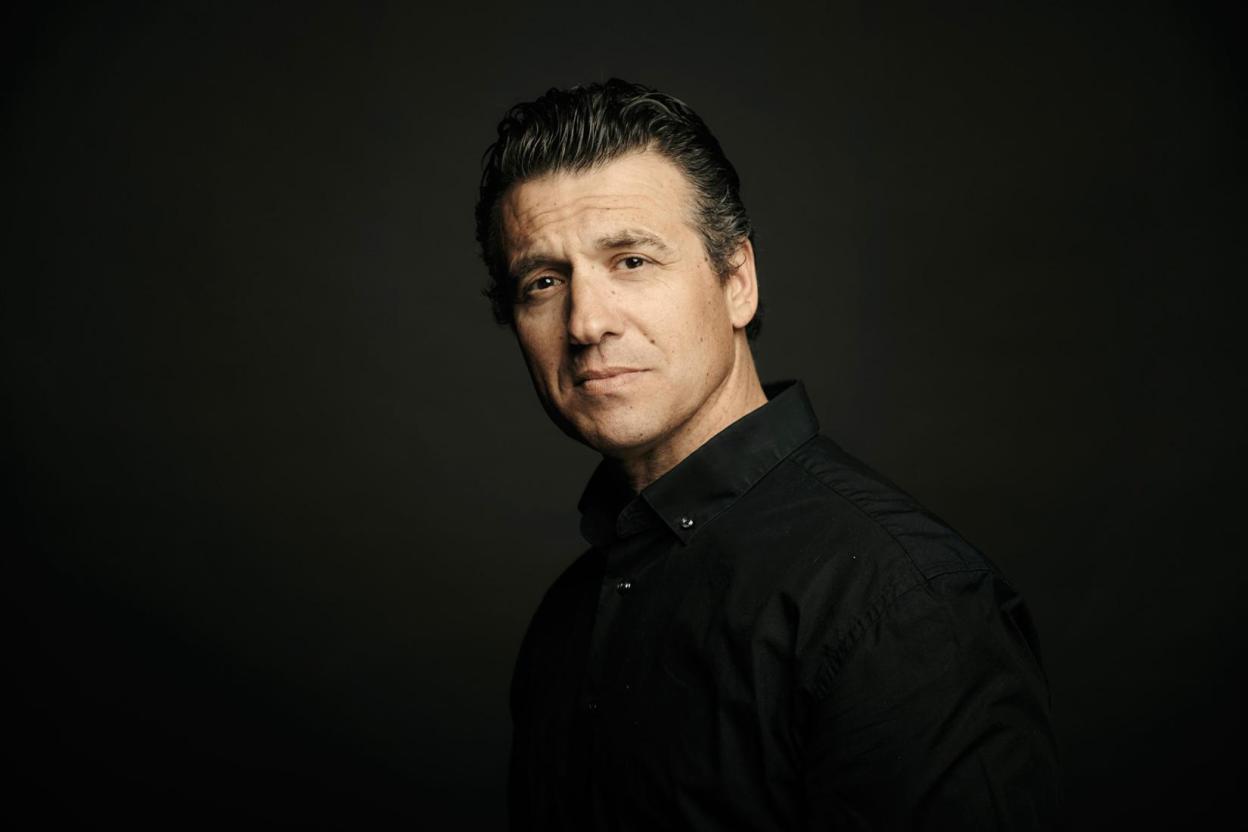
Daniel Muñoz
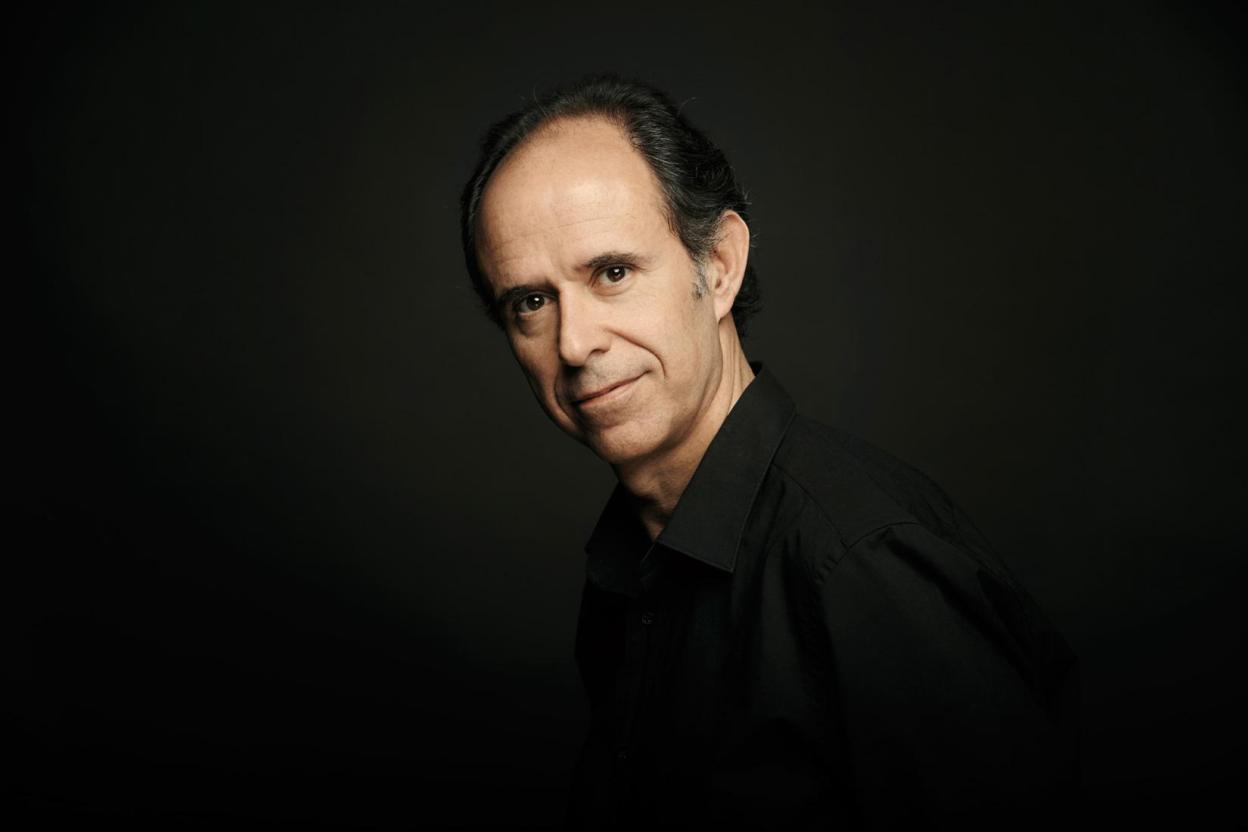
Joan Prados
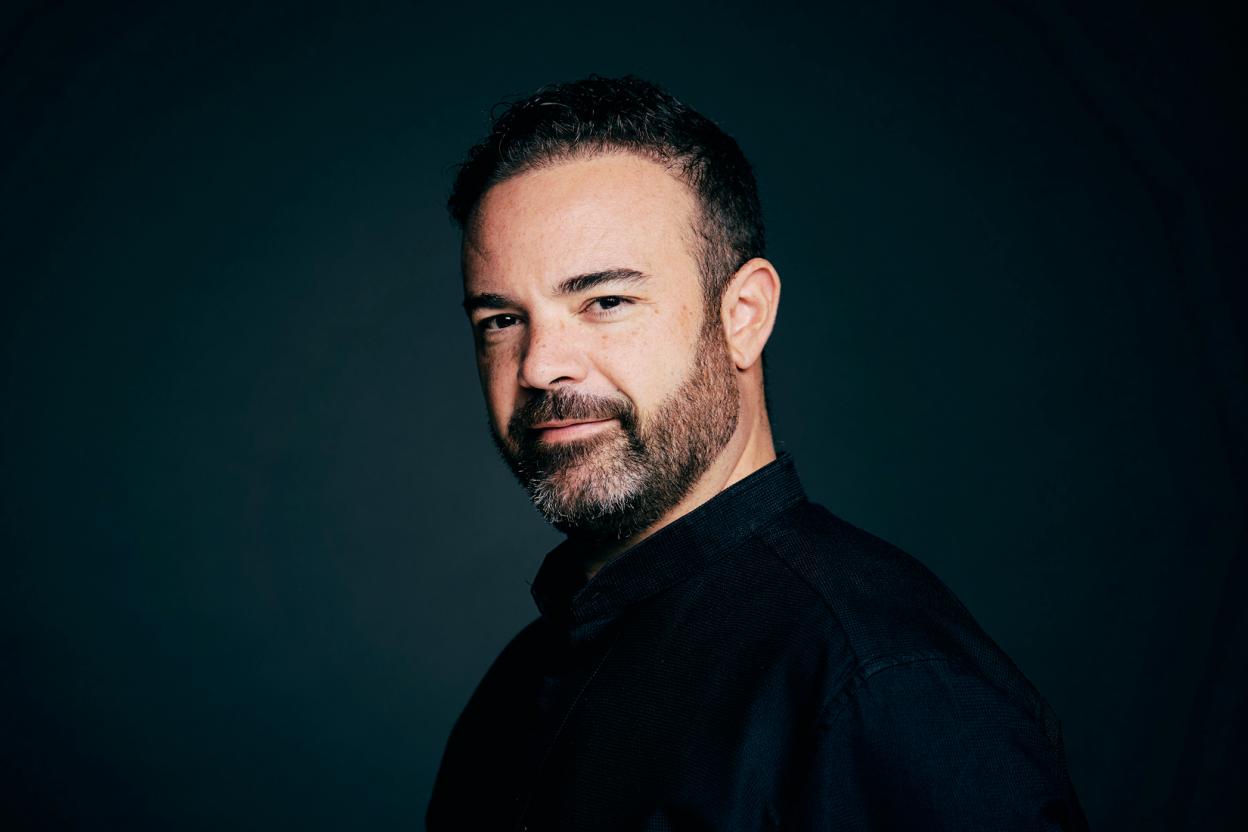
Nauzet Valerón
Tenors II

Andrea Antognetti
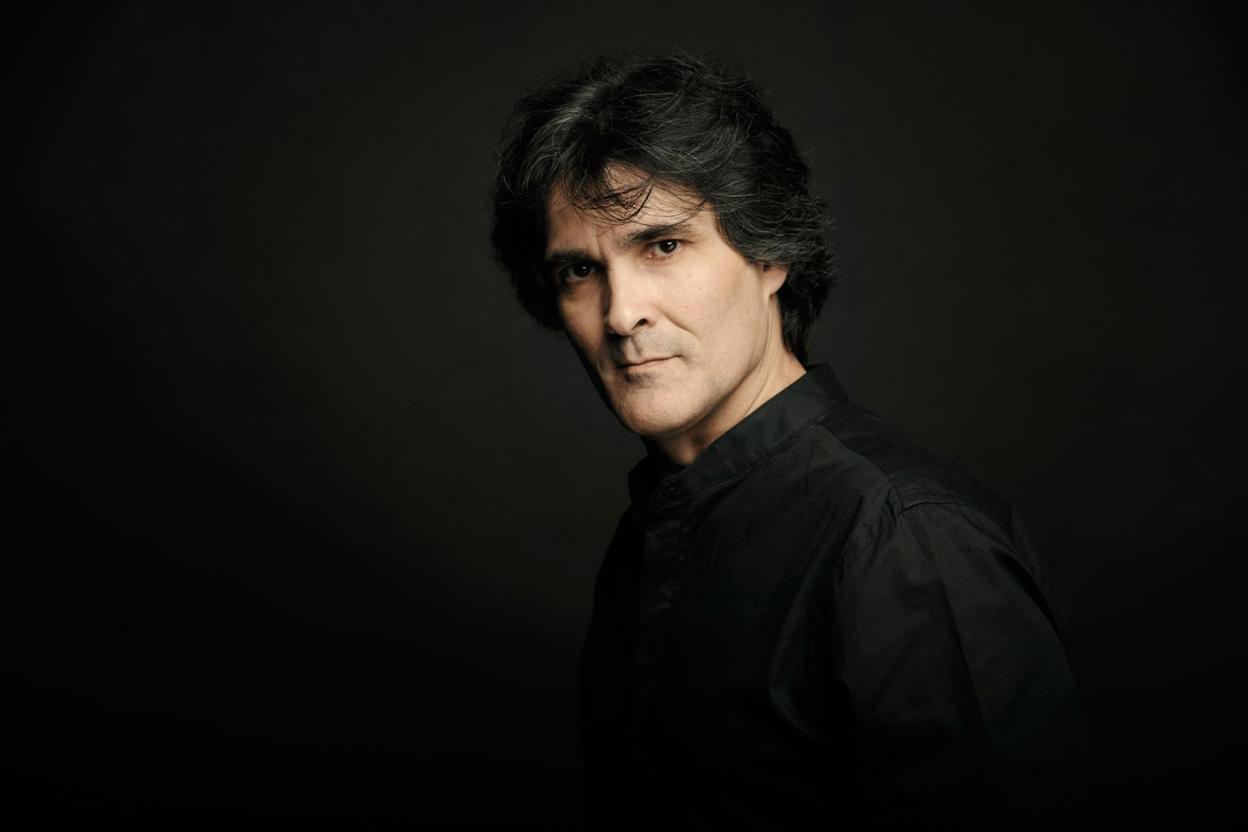
Jose Antonio Medina
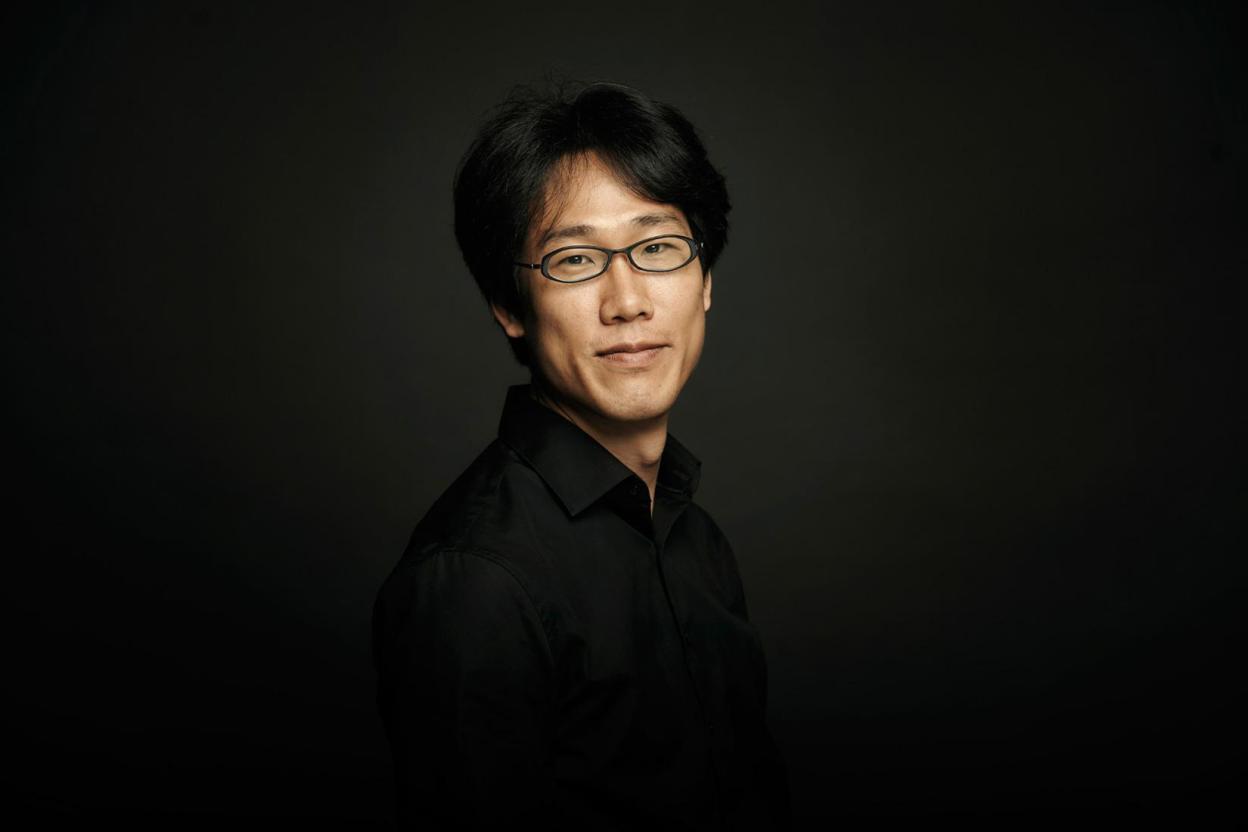
Sung Min Kang
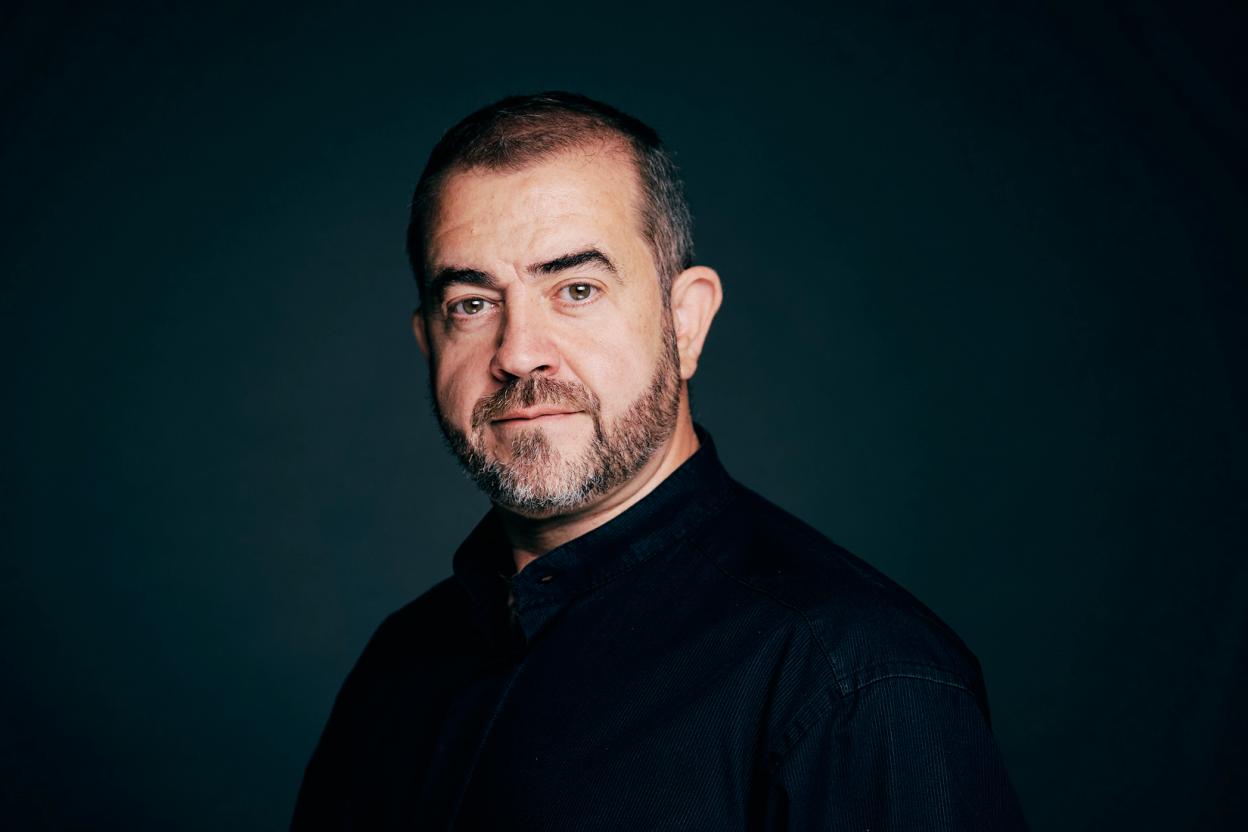
Carles Cremades
Baritones
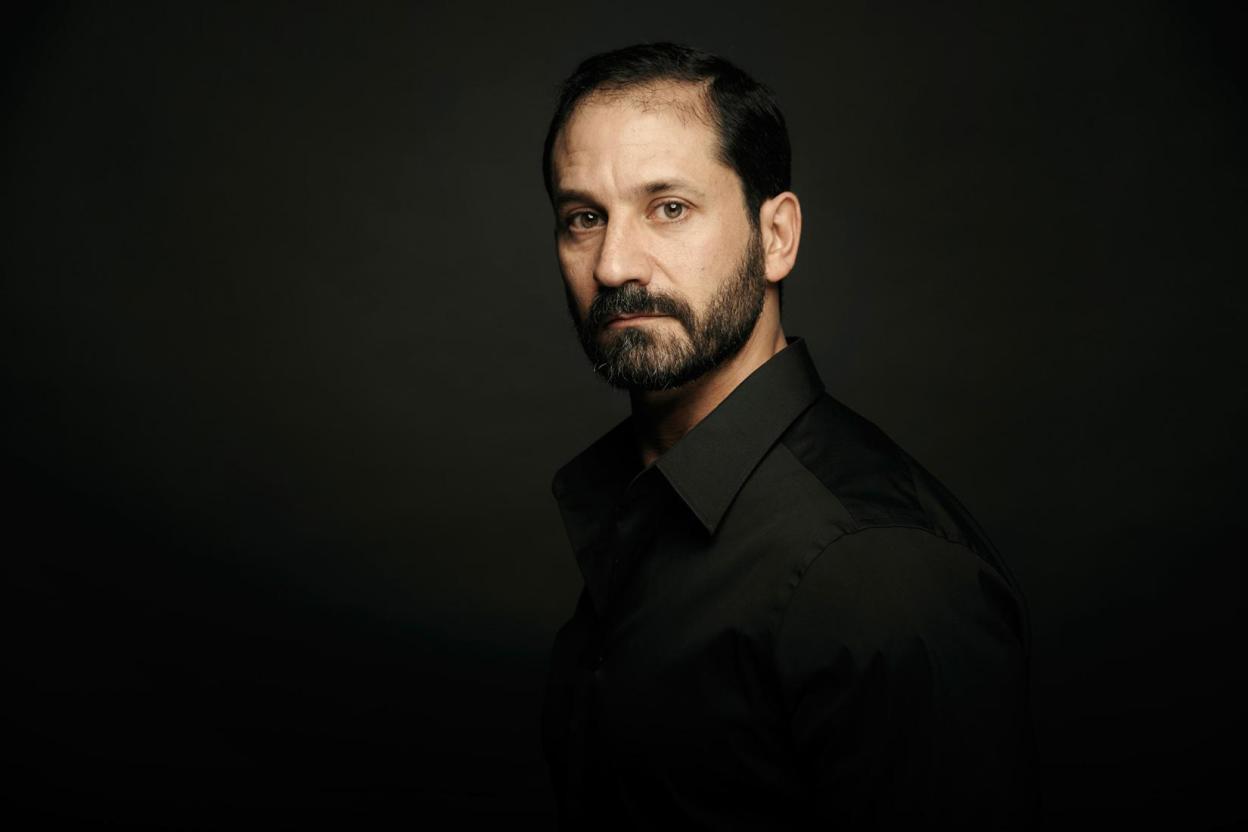
Gabriel Diap
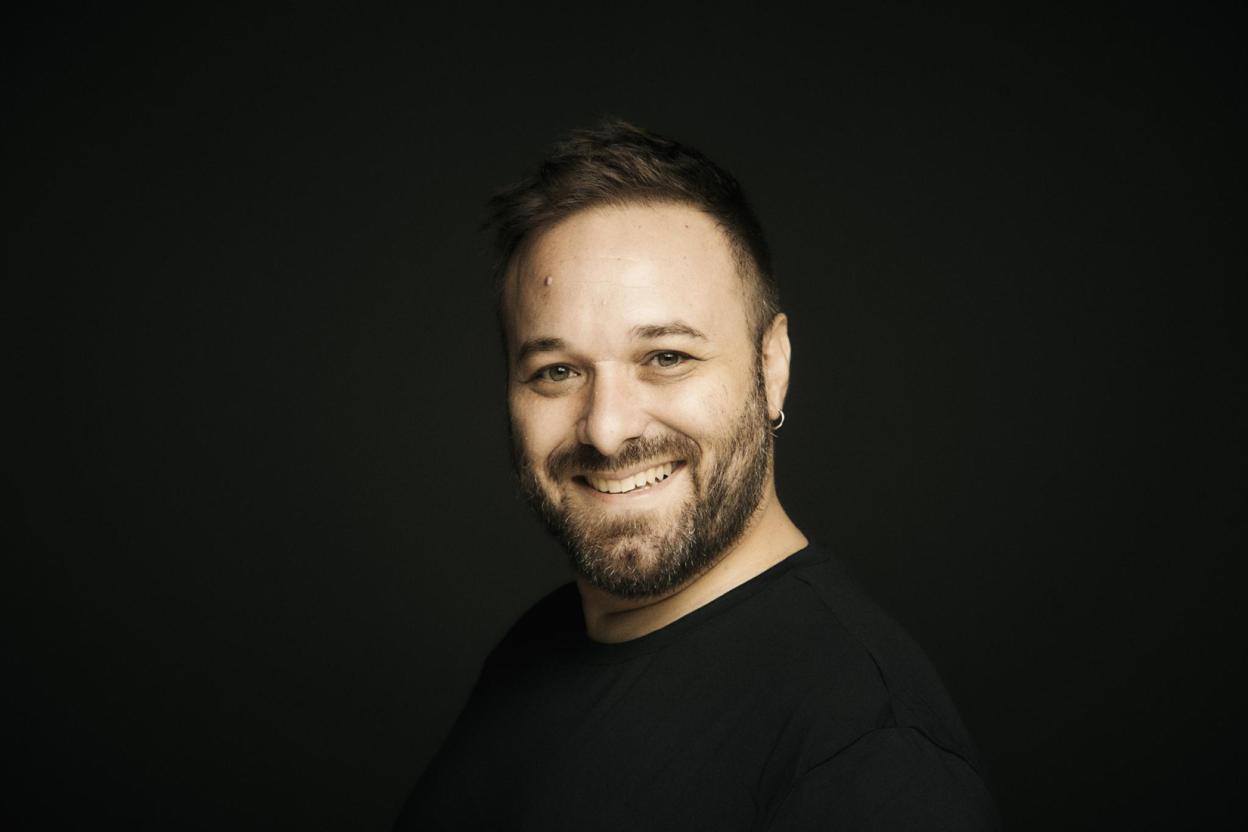
Lucas Groppo
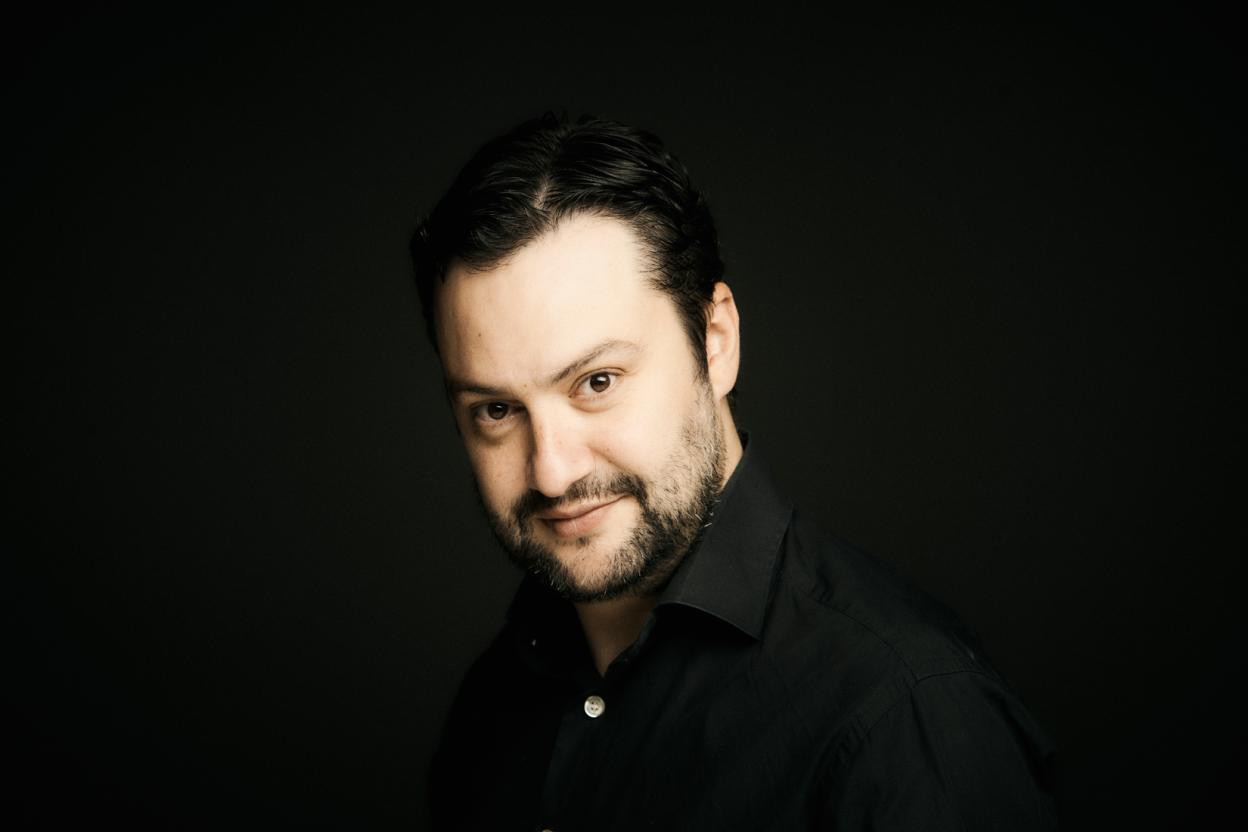
Plamen Papazikov
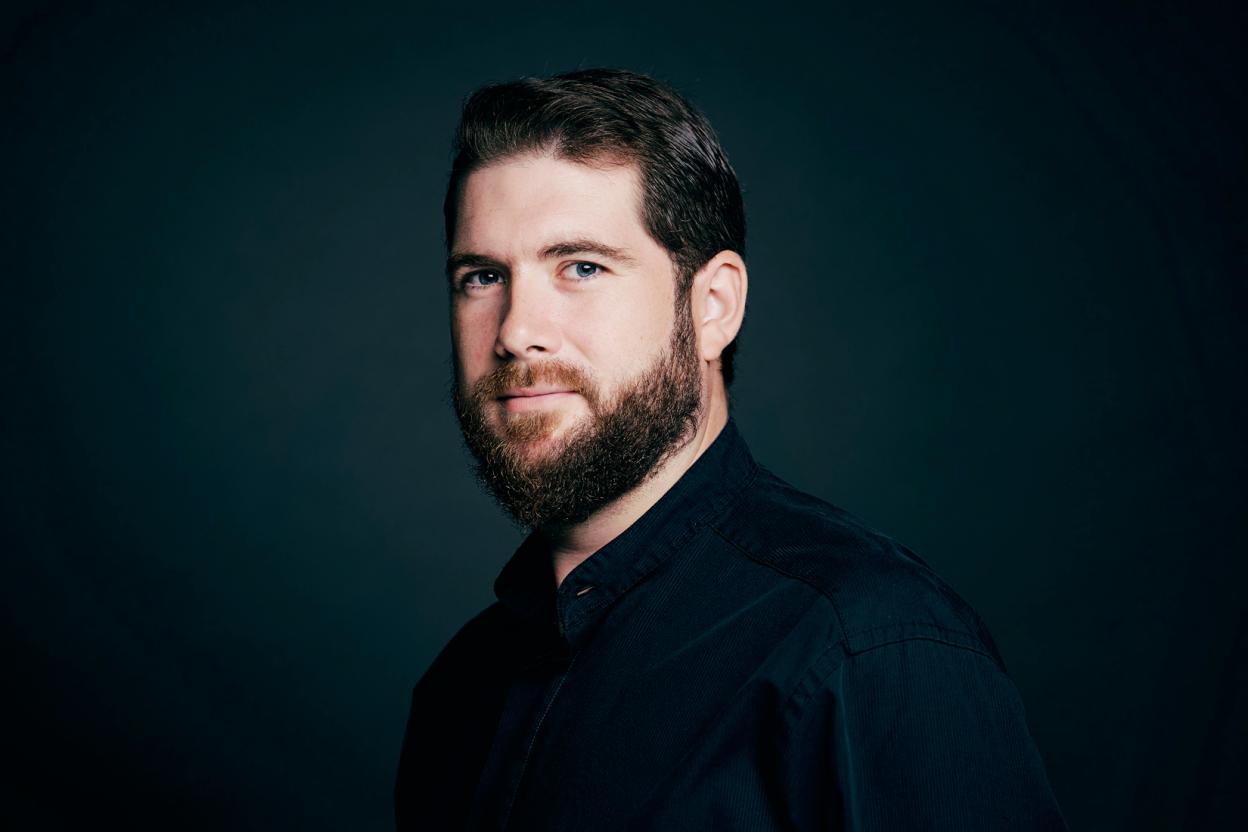
Domingo Ramos
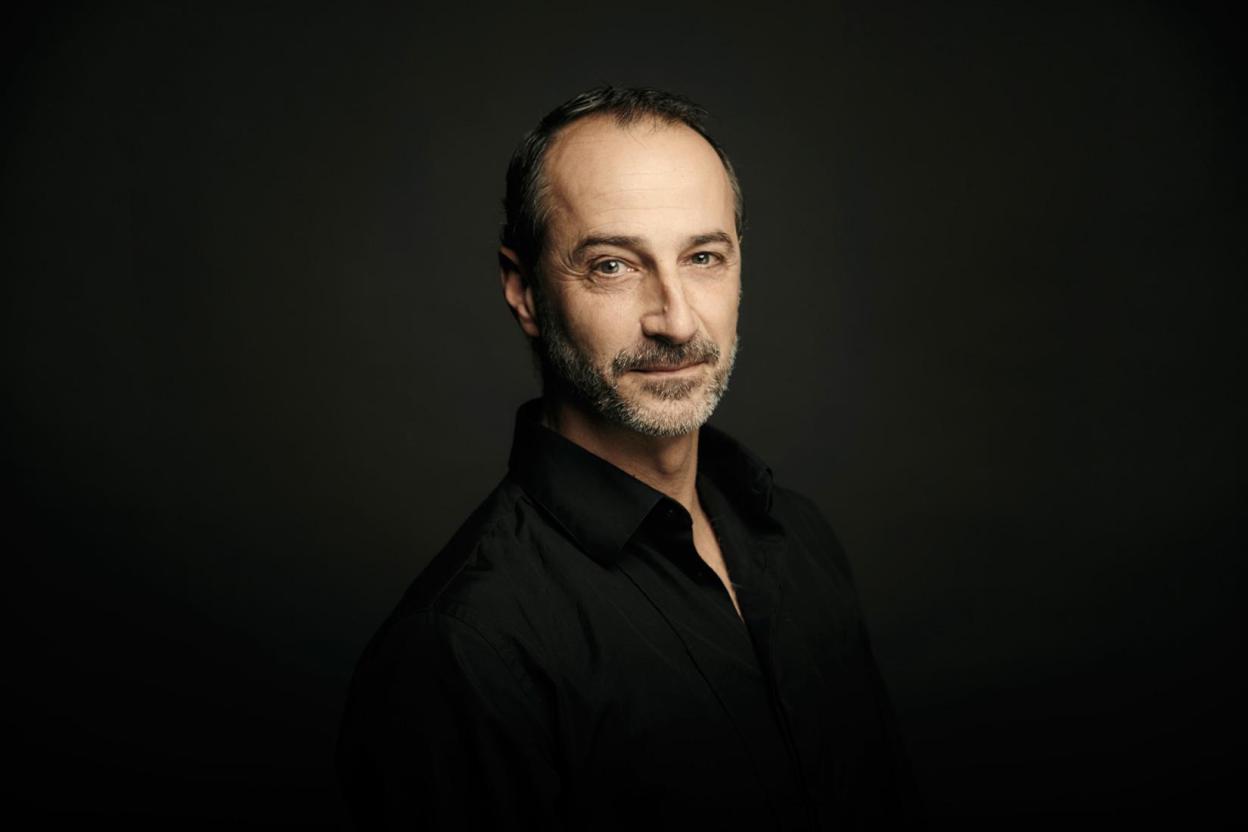
Miquel Rosales
Basses
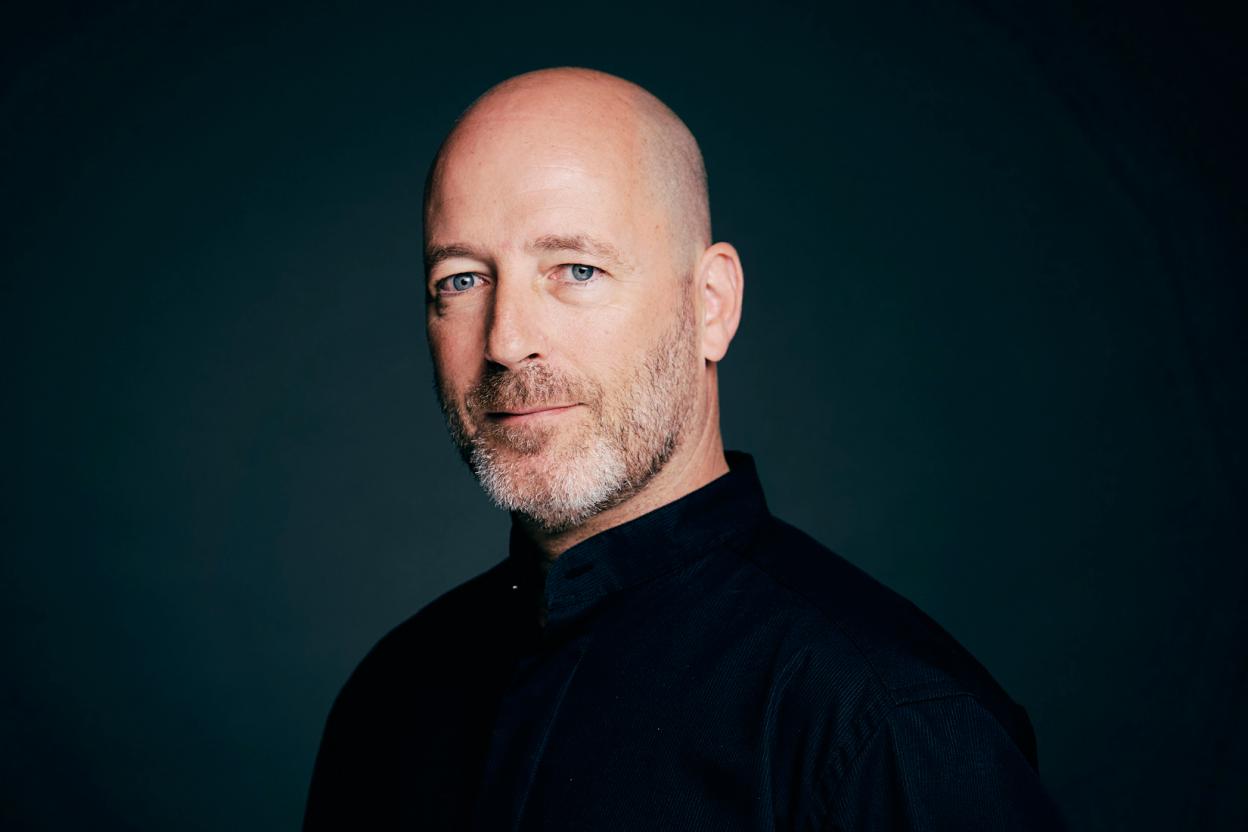
Pau Bordas
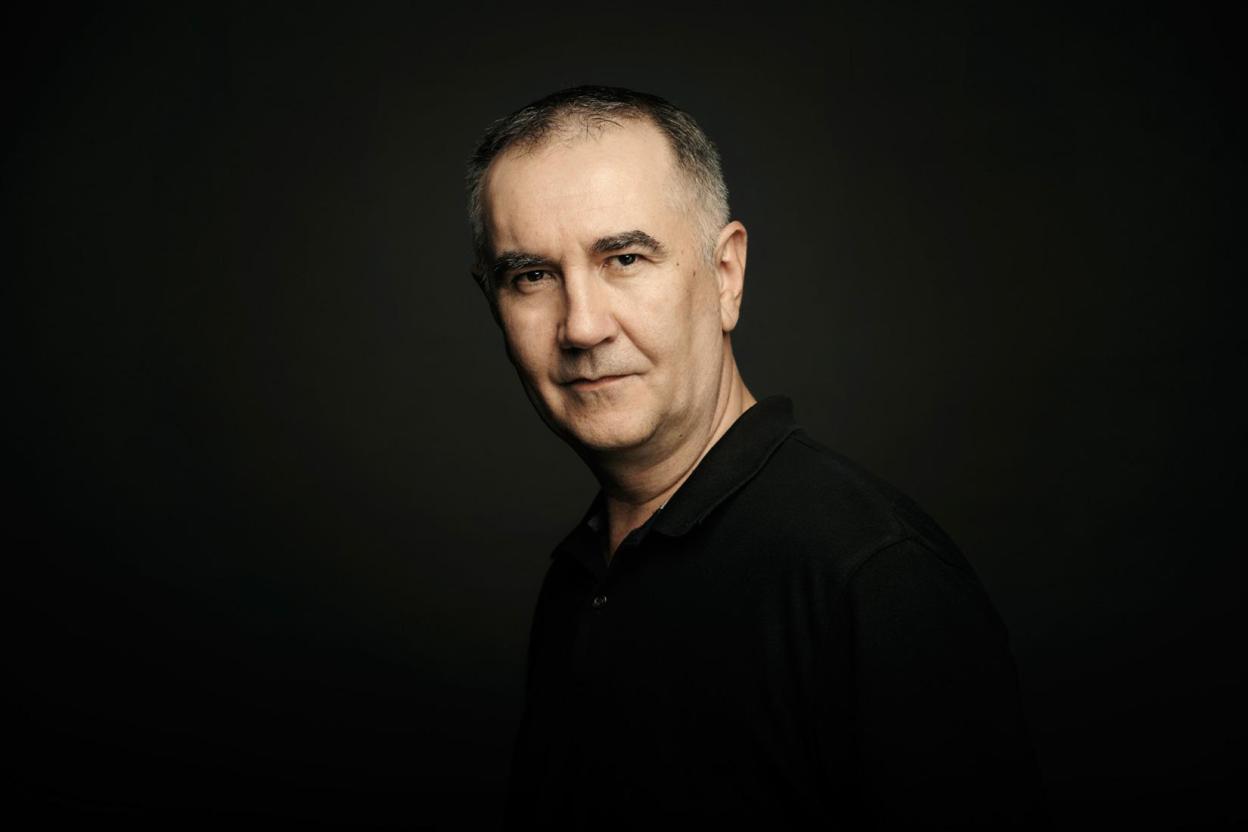
Miguel Ángel Currás
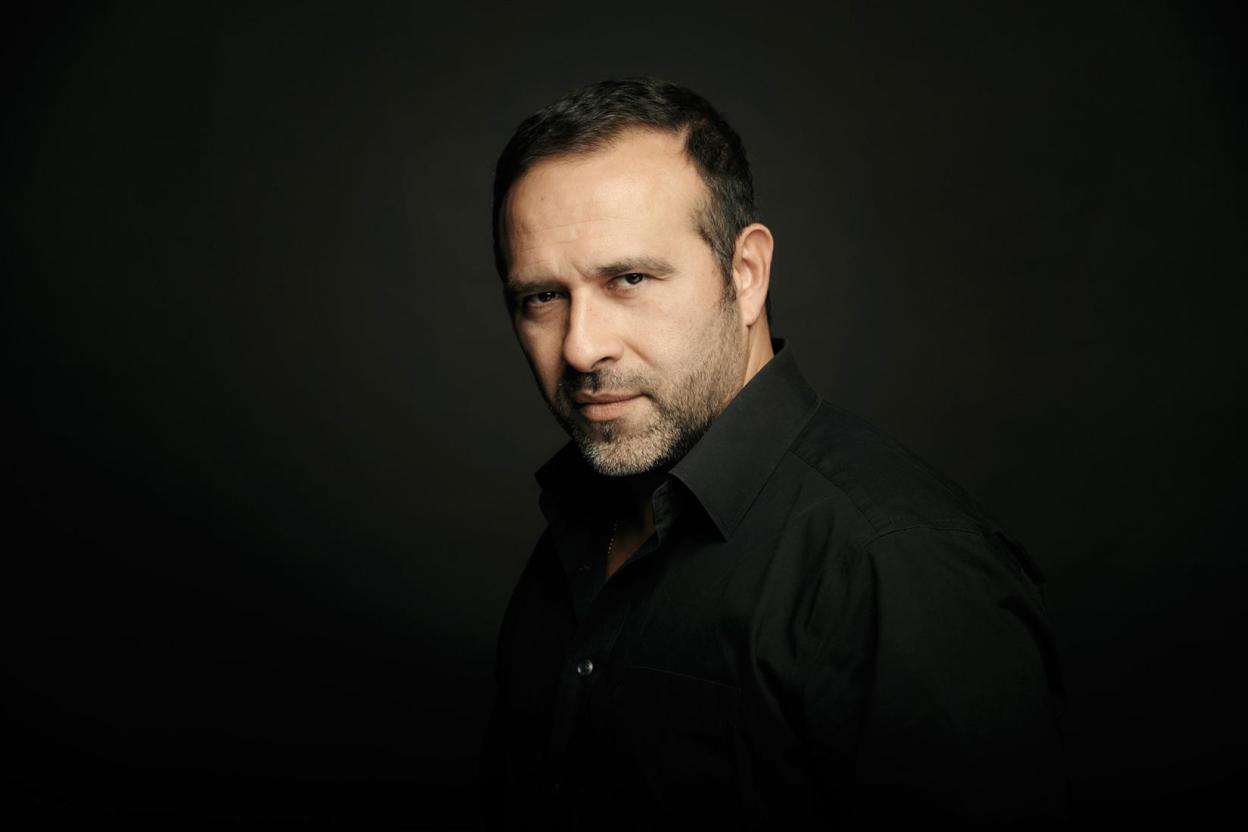
Dimitar Darlev
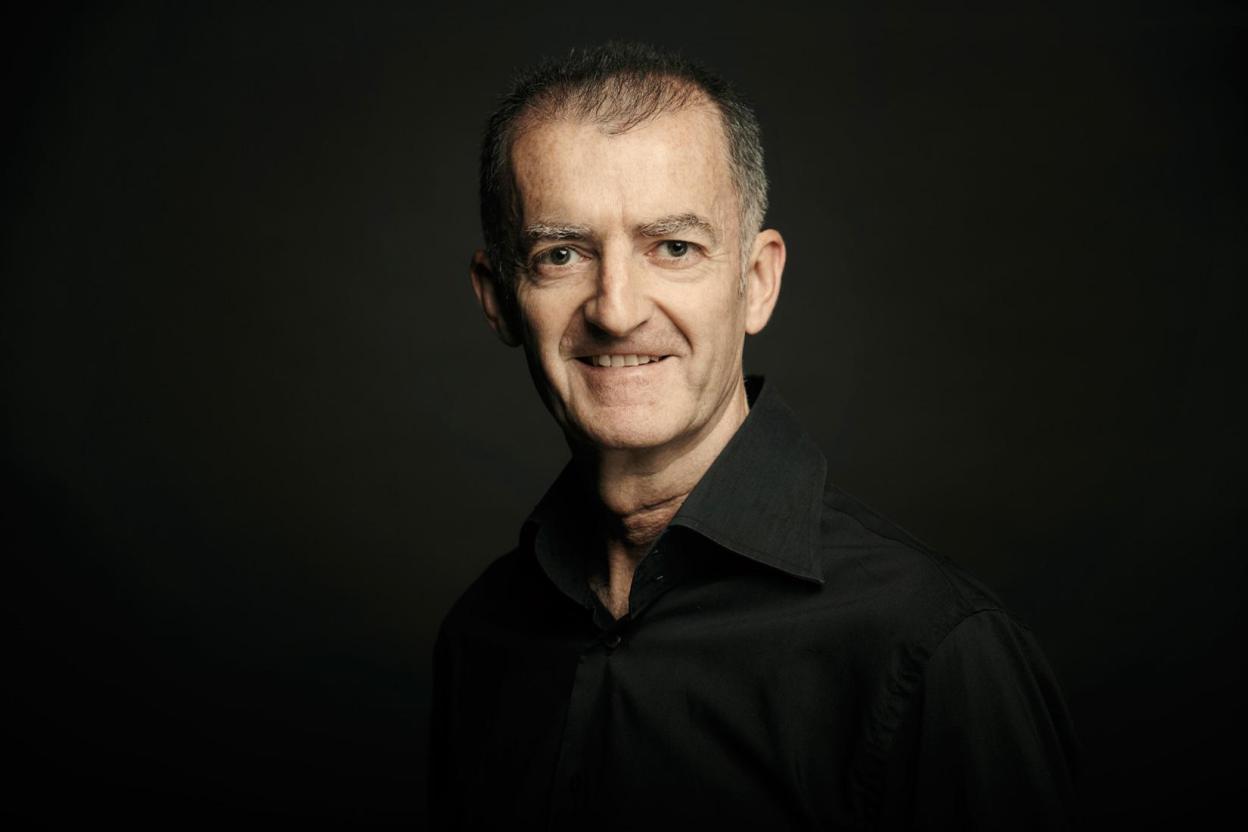
Ignasi Gomar
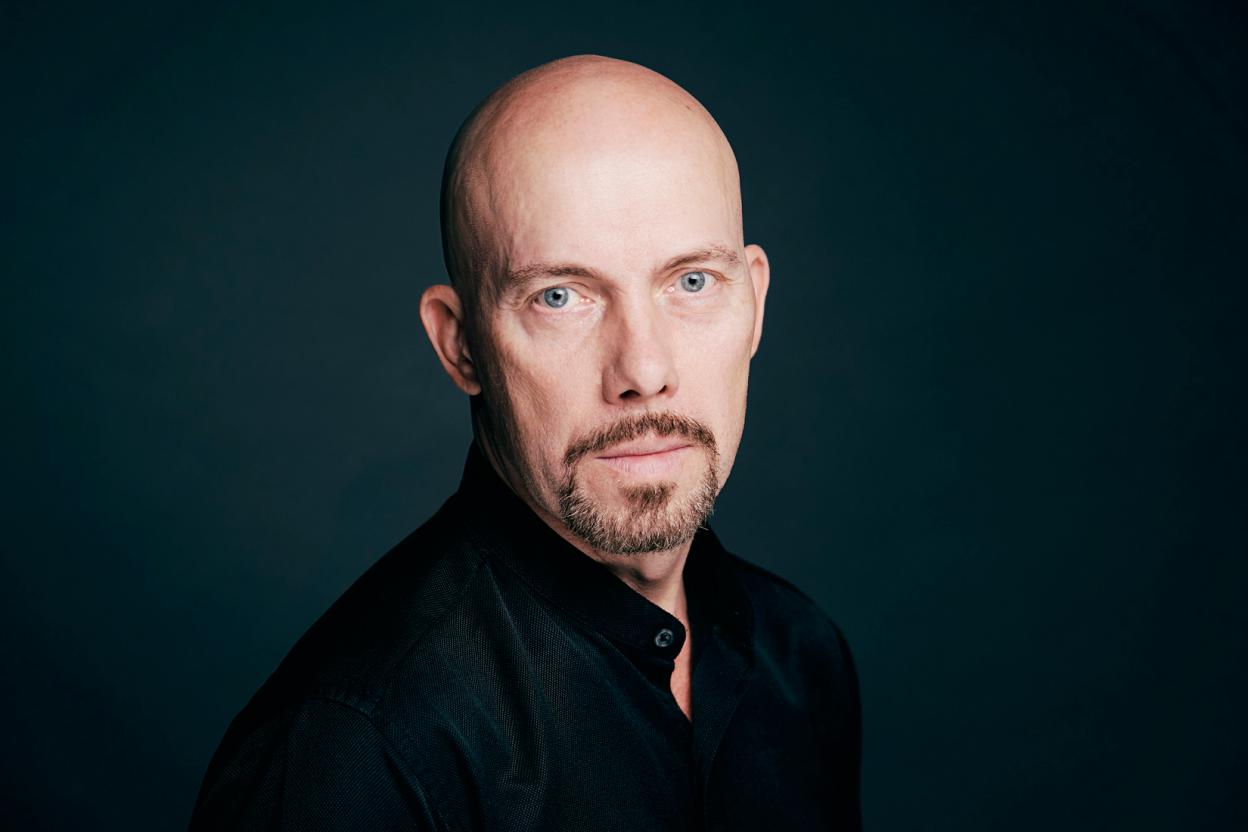
Igor Tsenkman
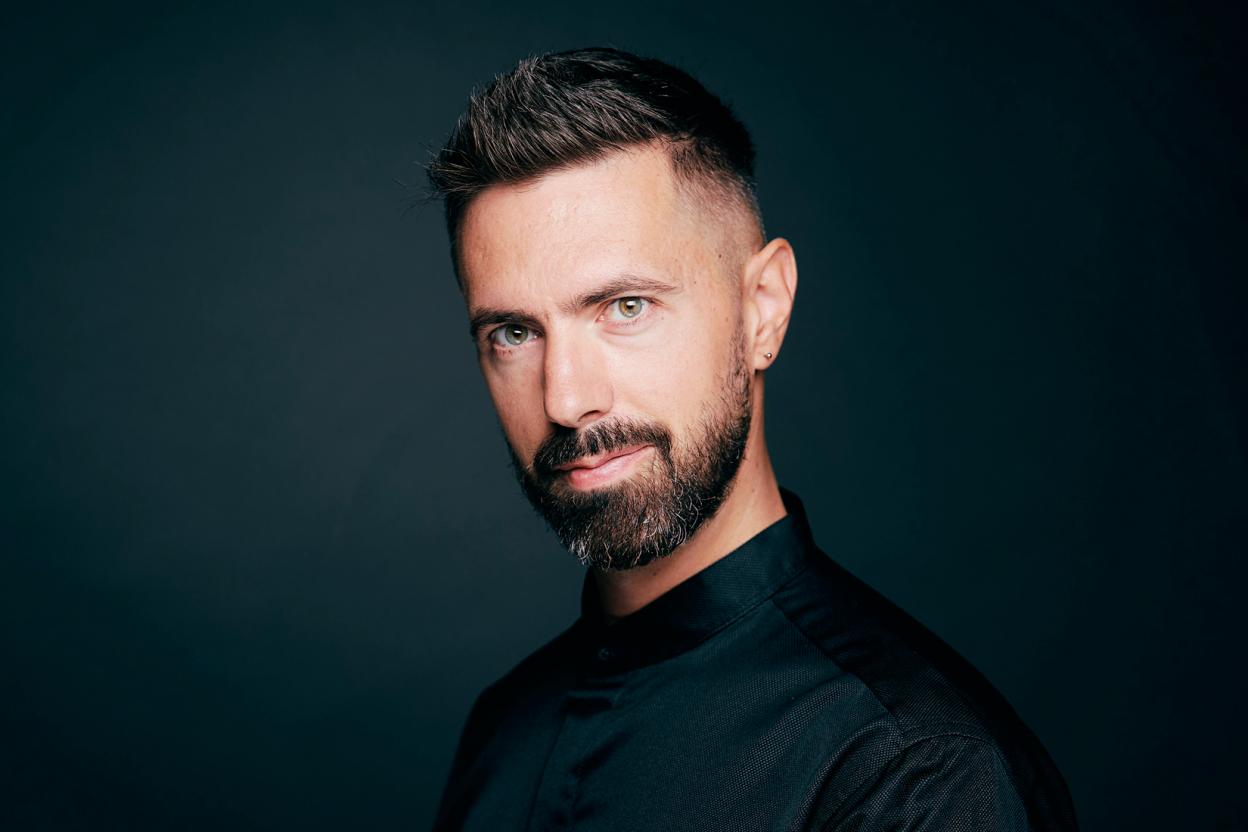
Alessandro Vandin
Musical assistants
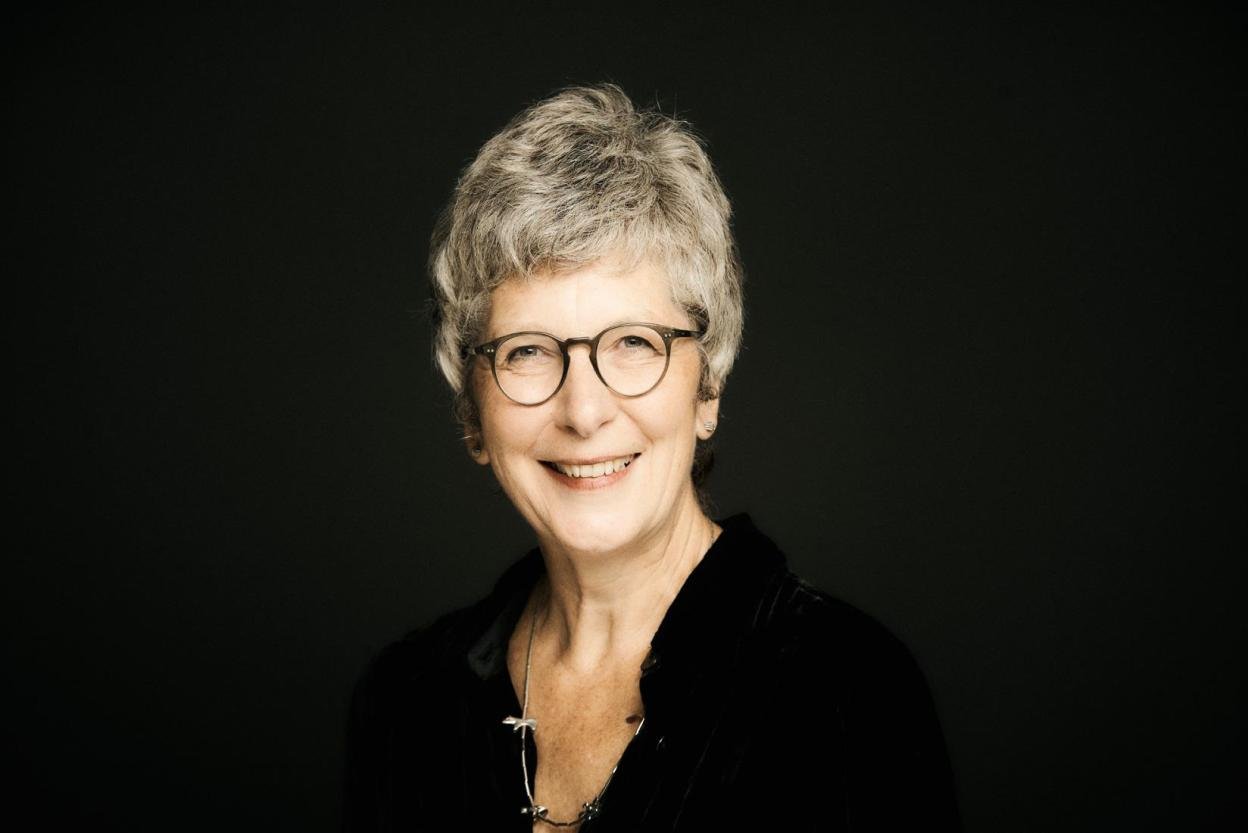
Véronique Werklé
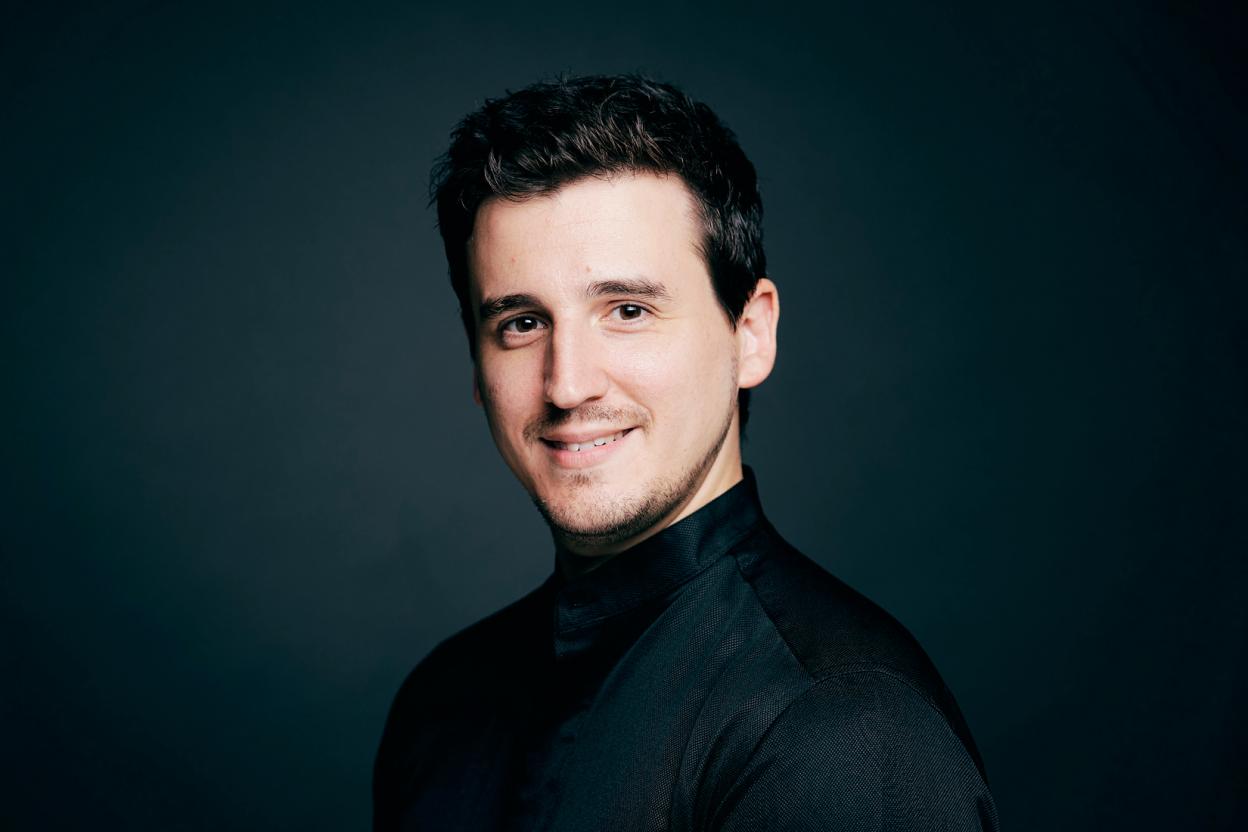
Rodrigo de Vera
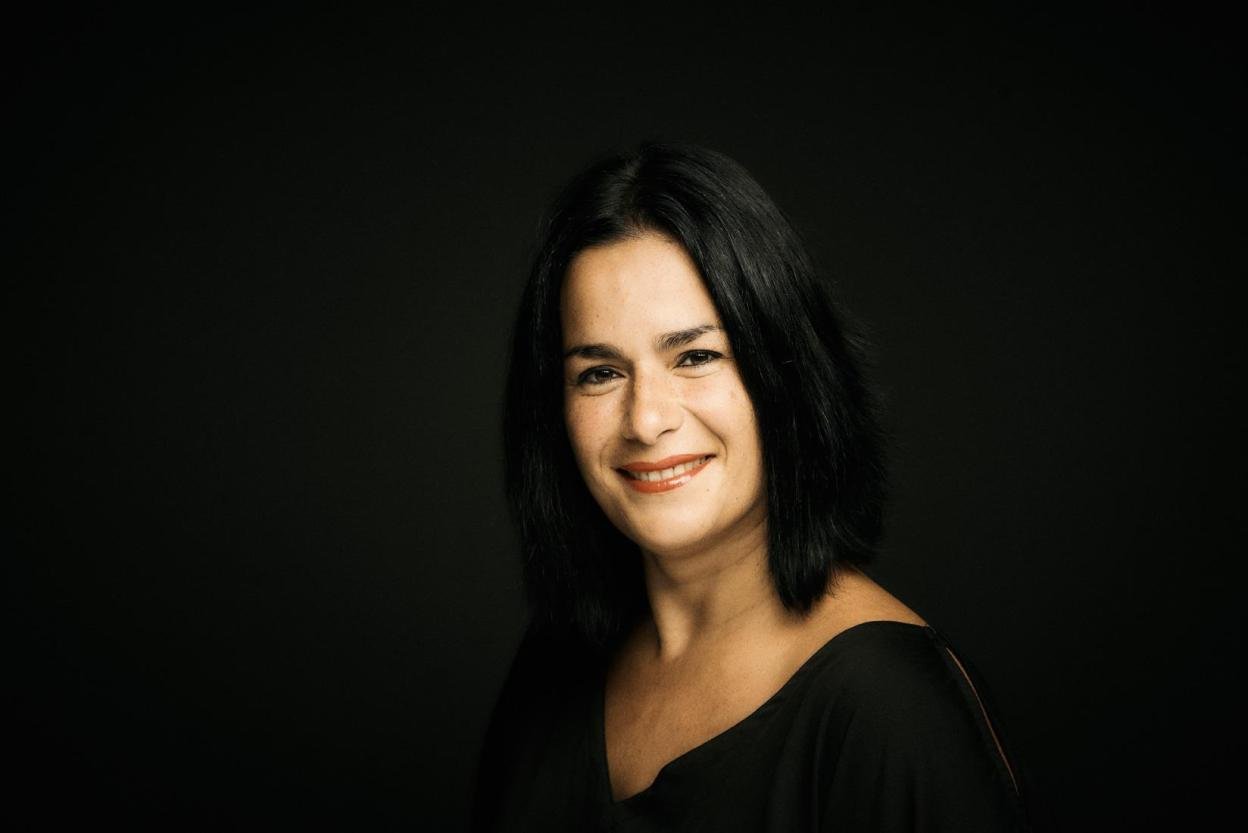
Vanessa García
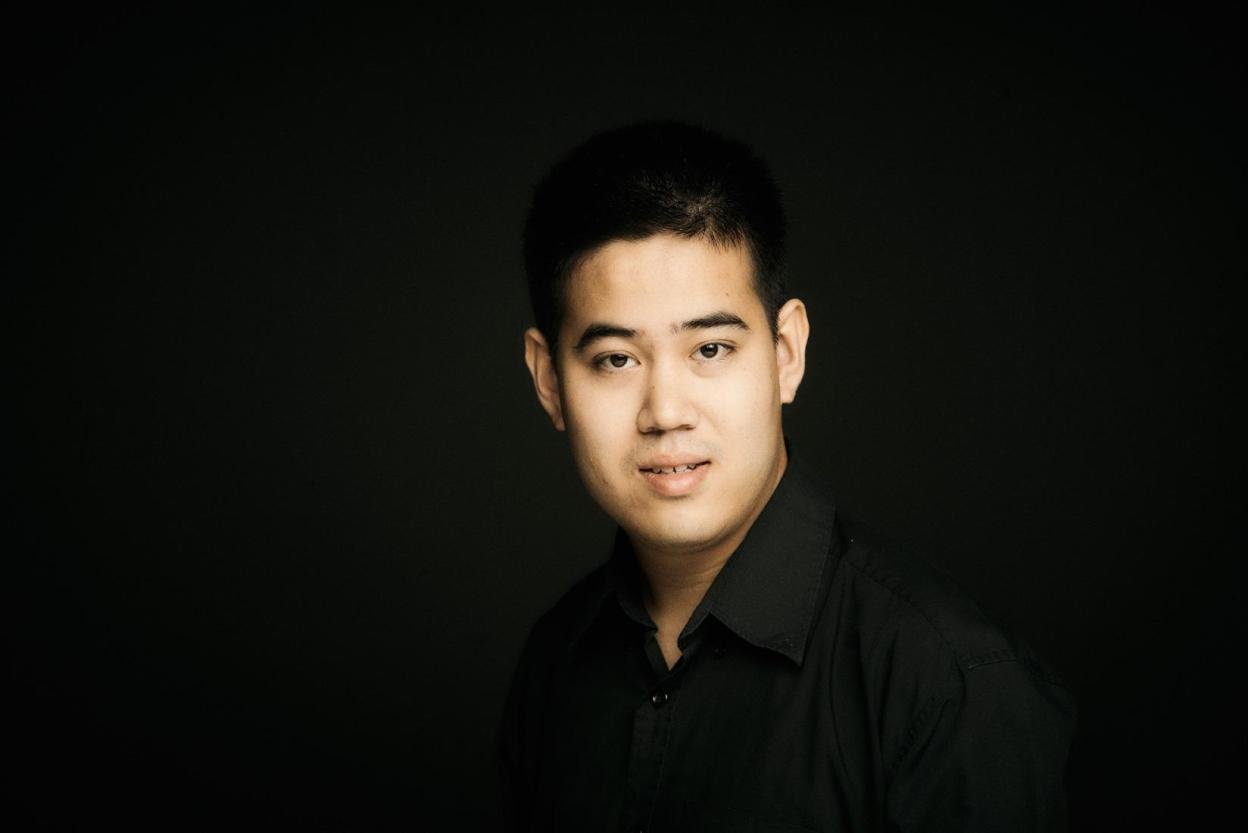
David-Huy Nguyen-Phung
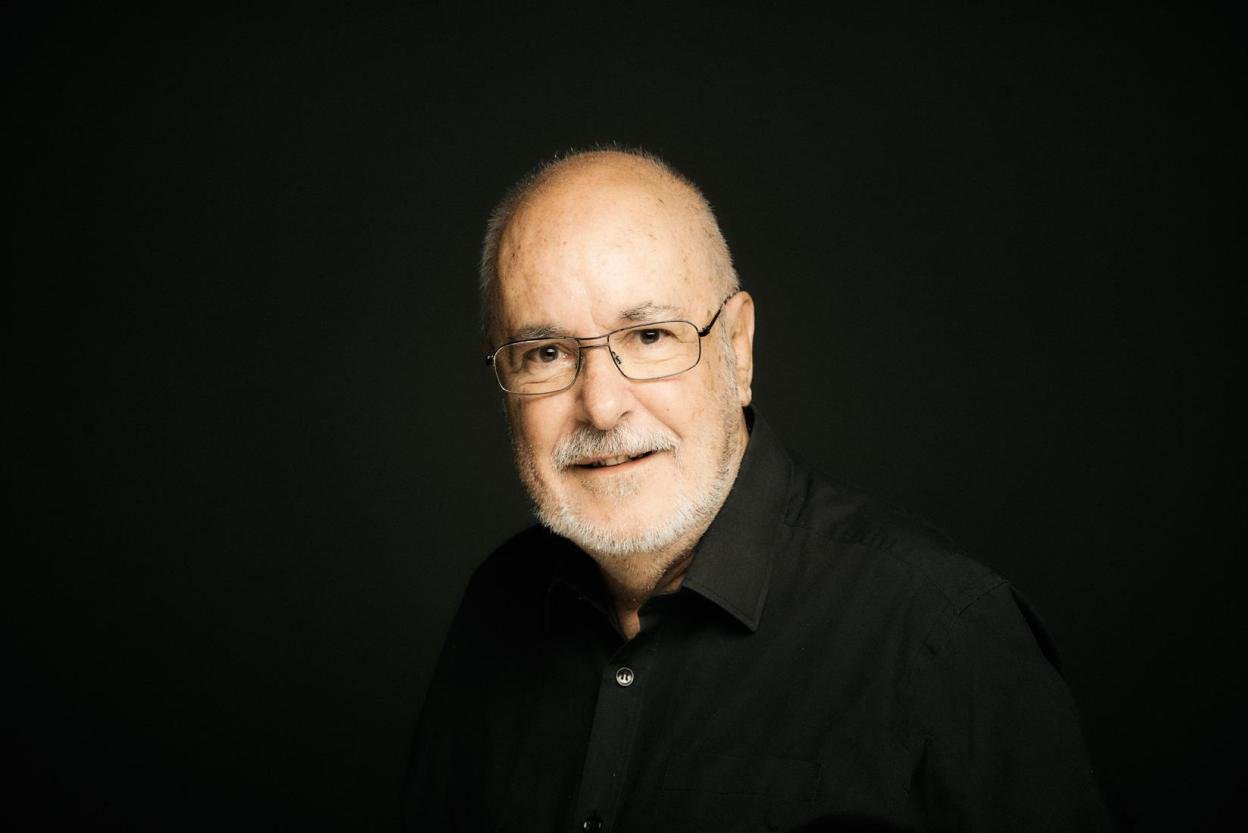
Jaume Tribó

